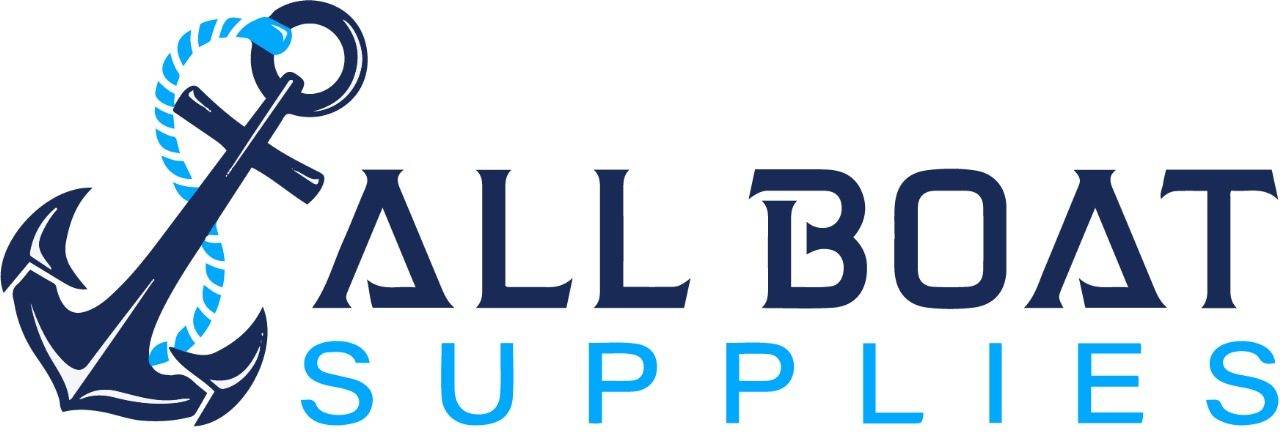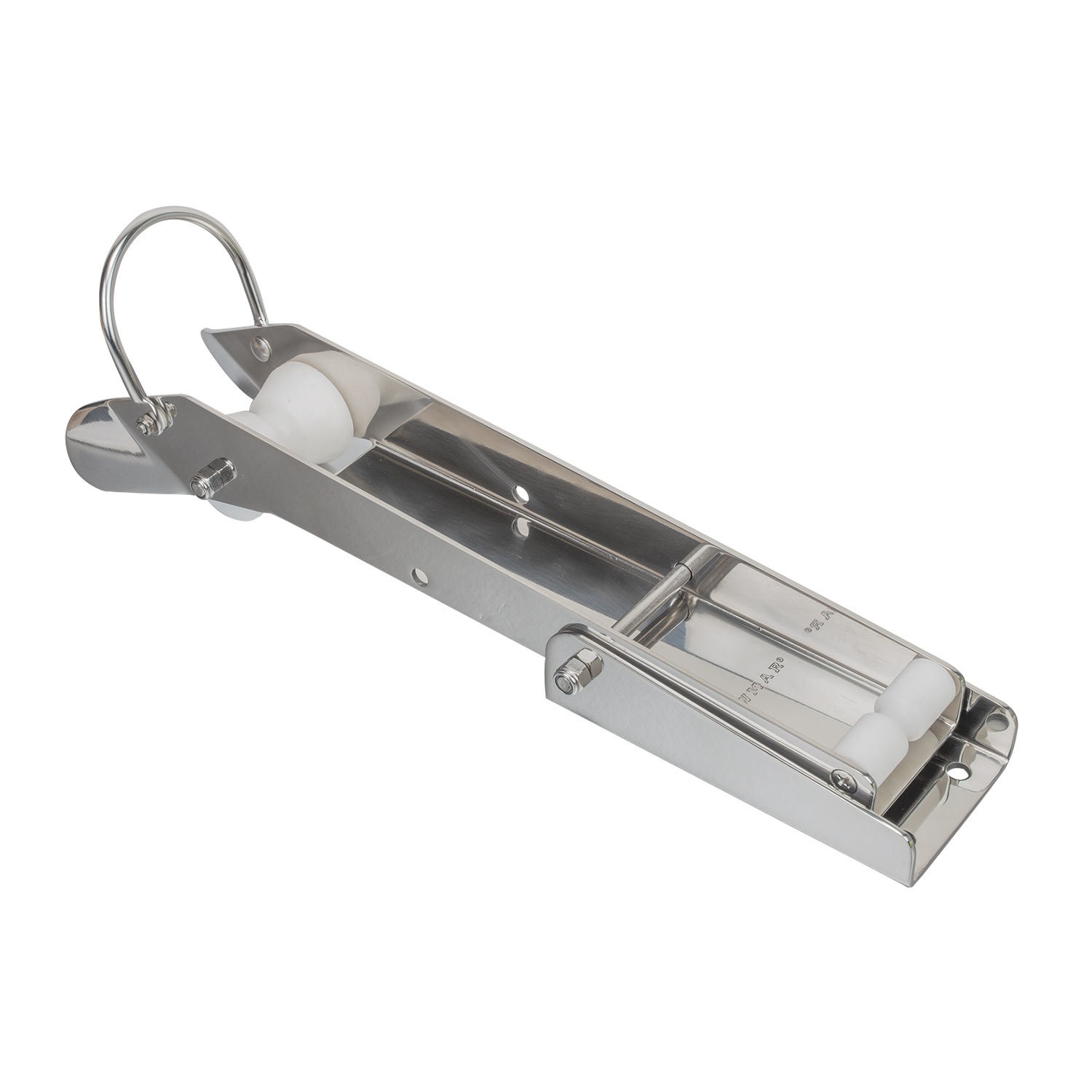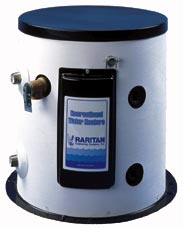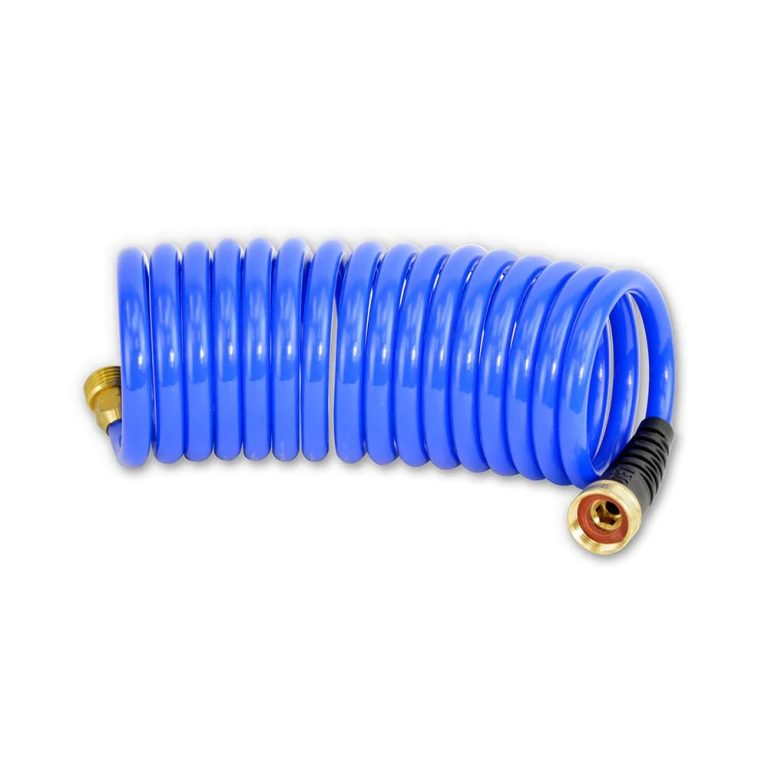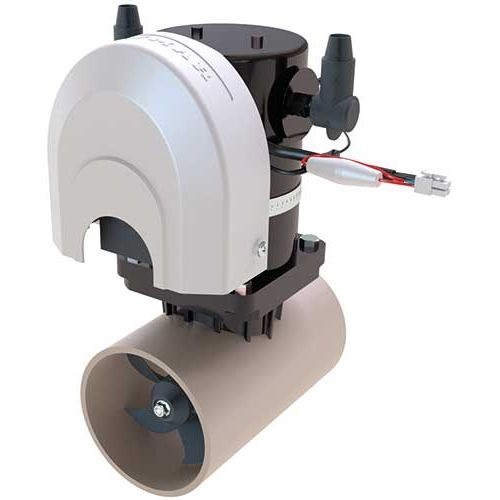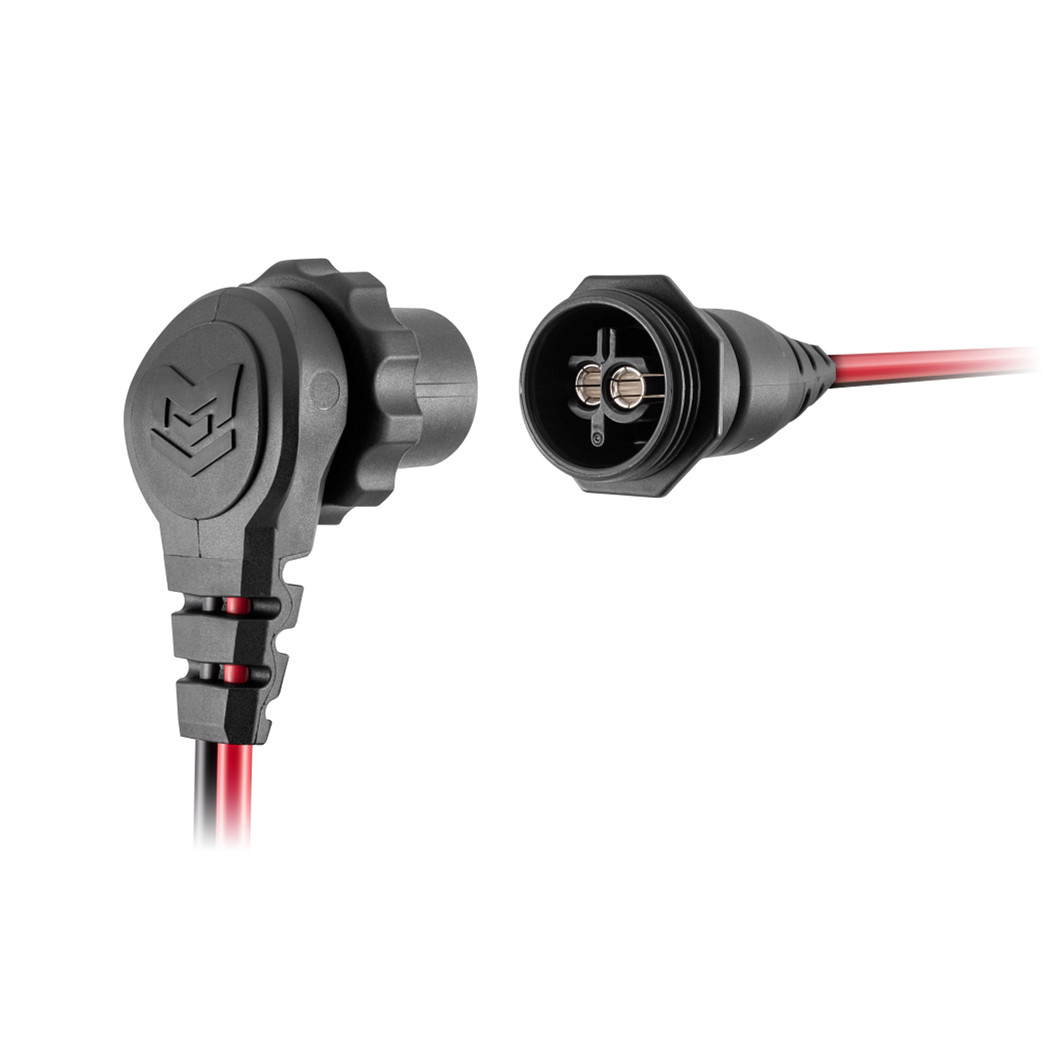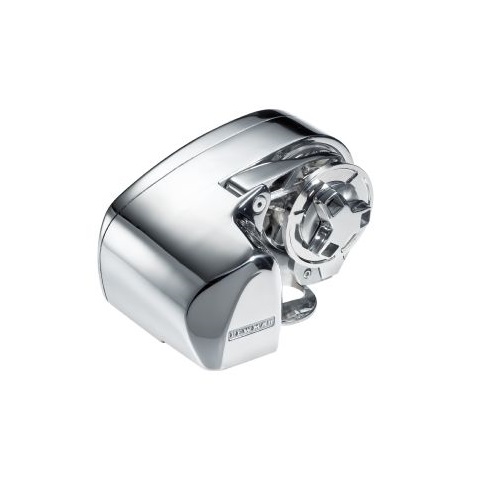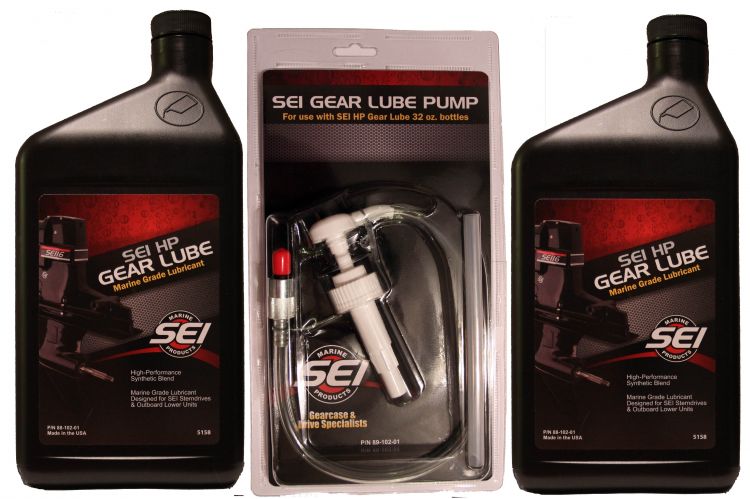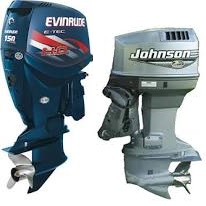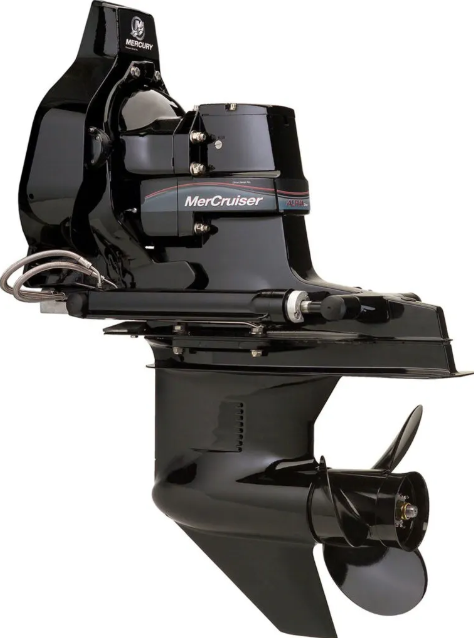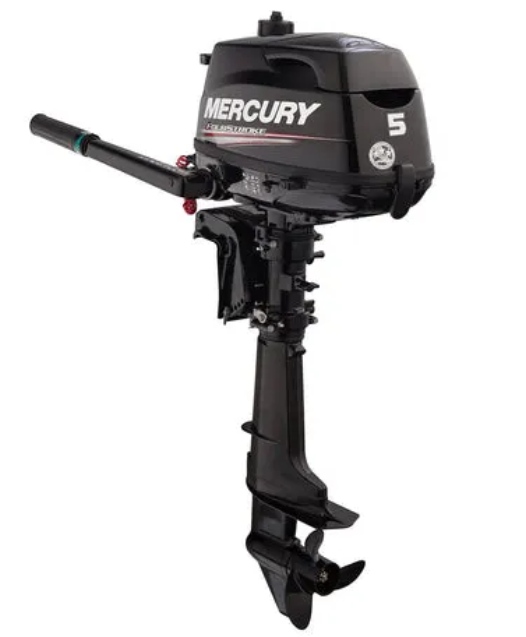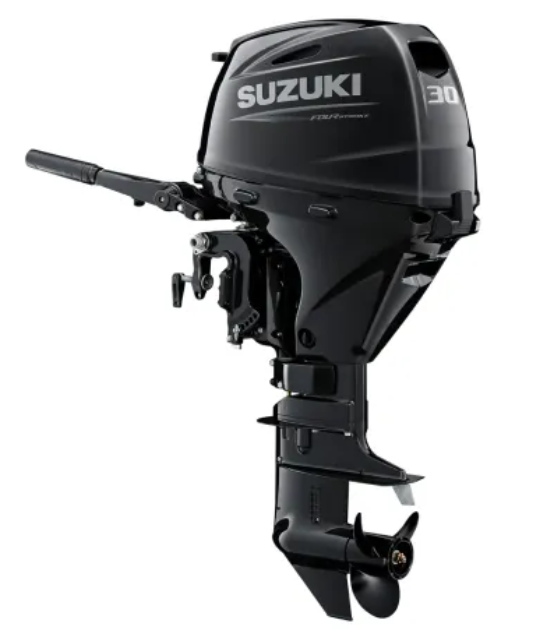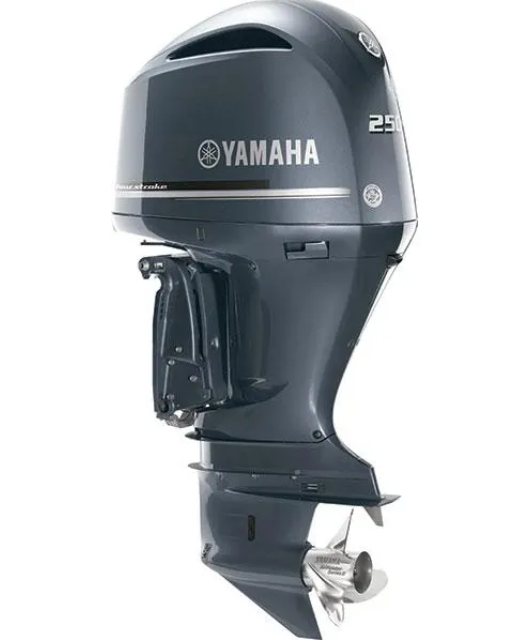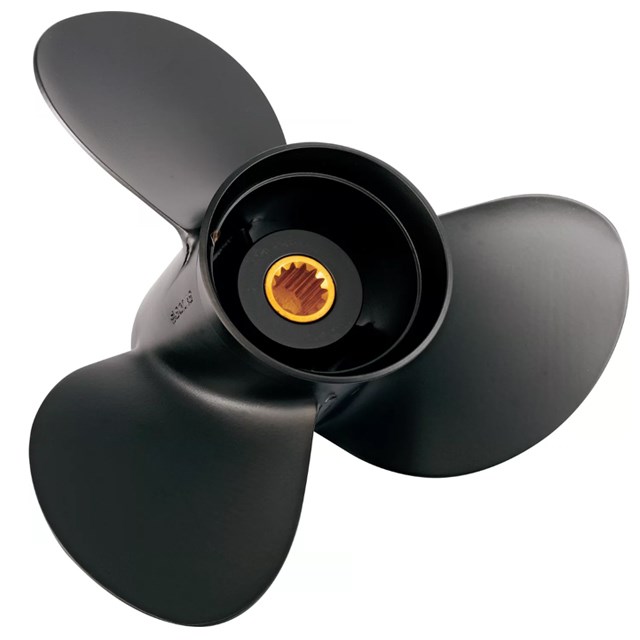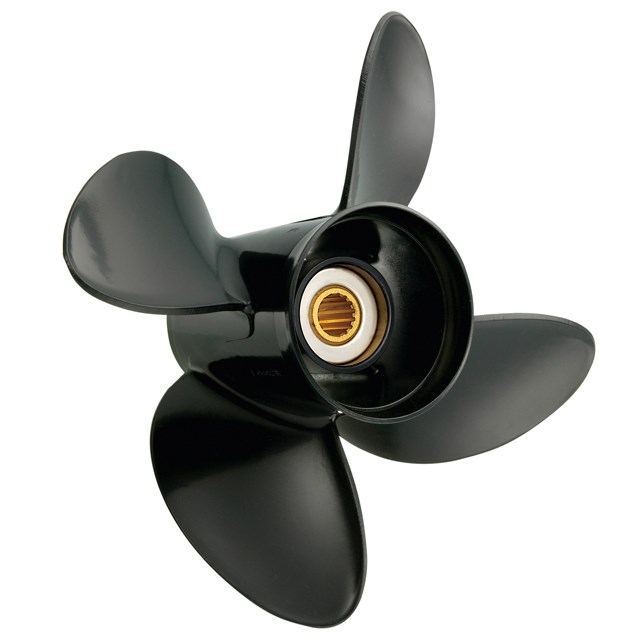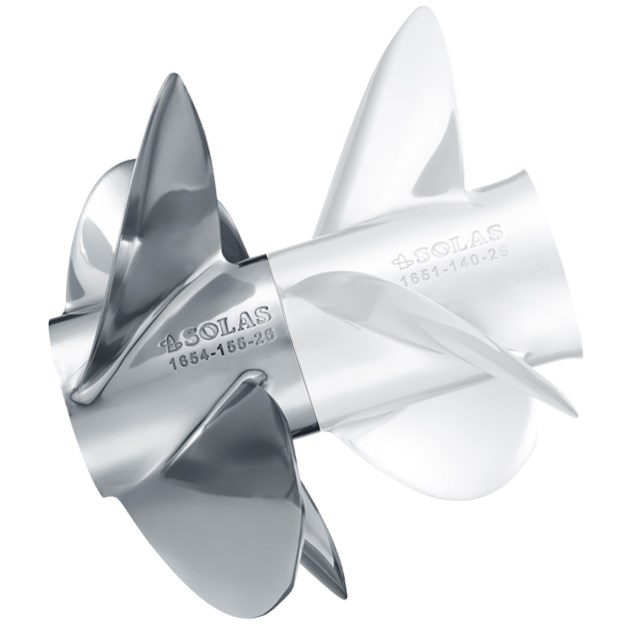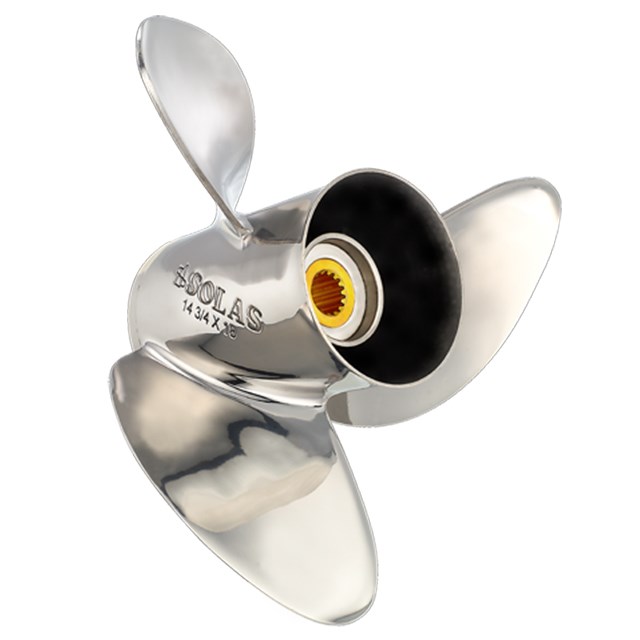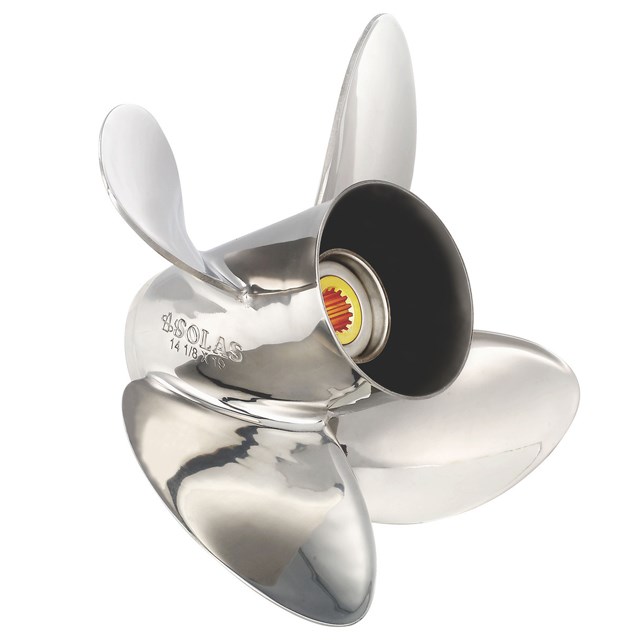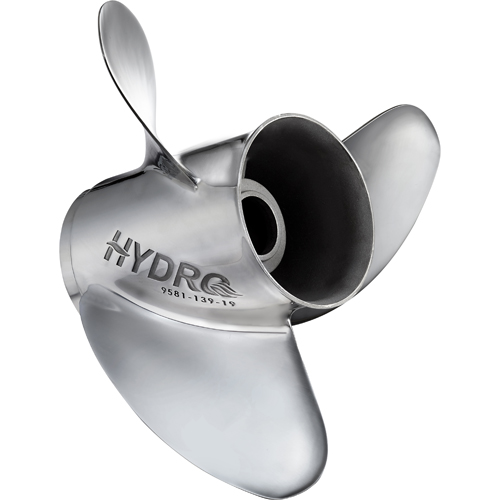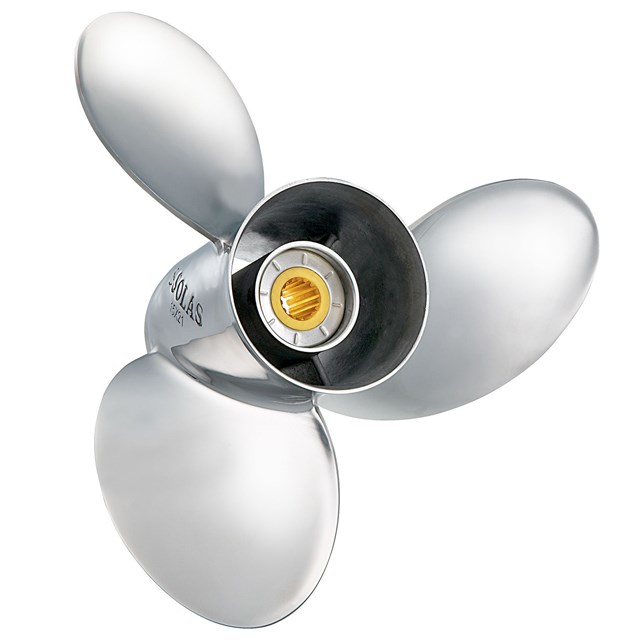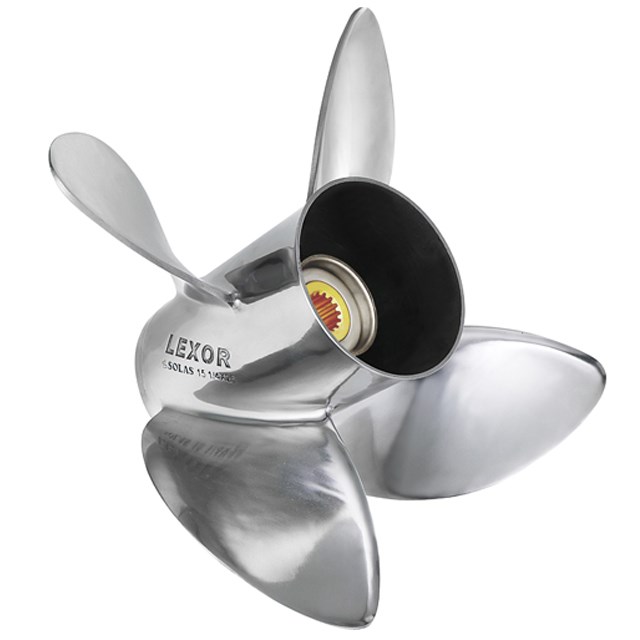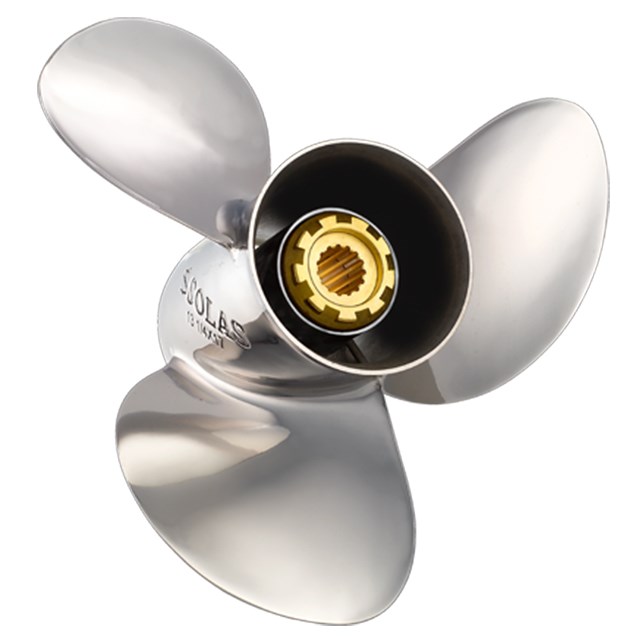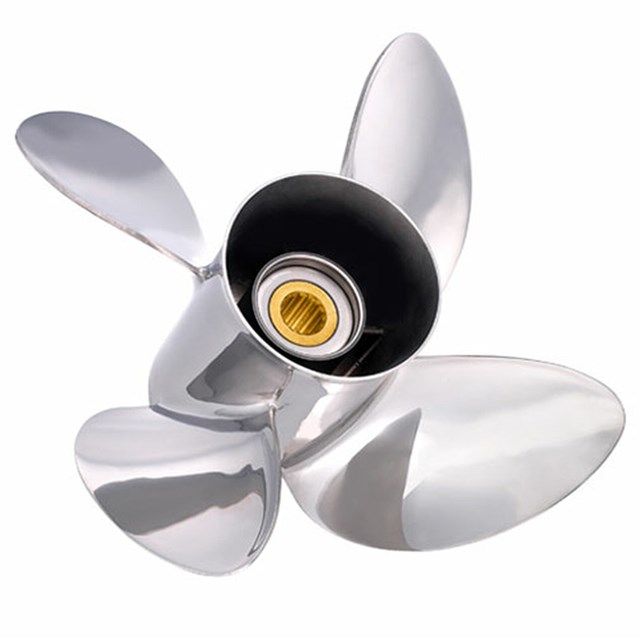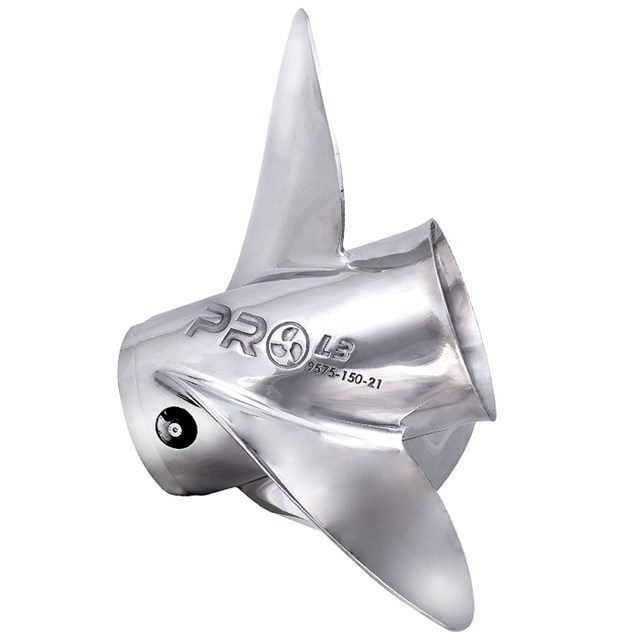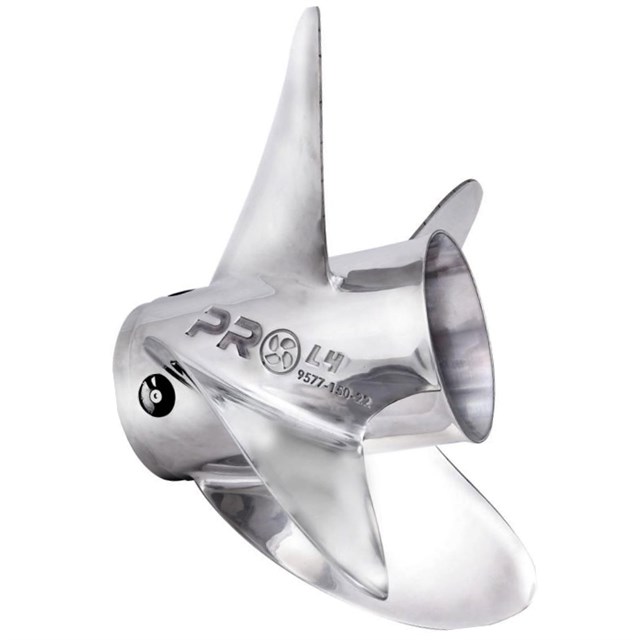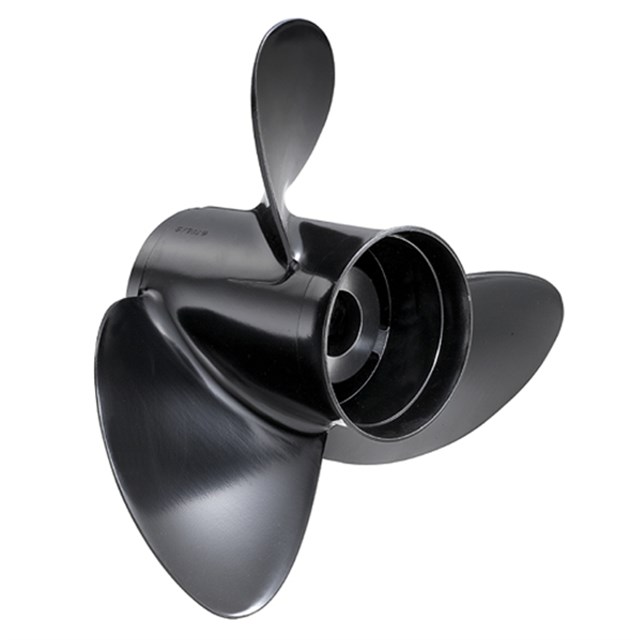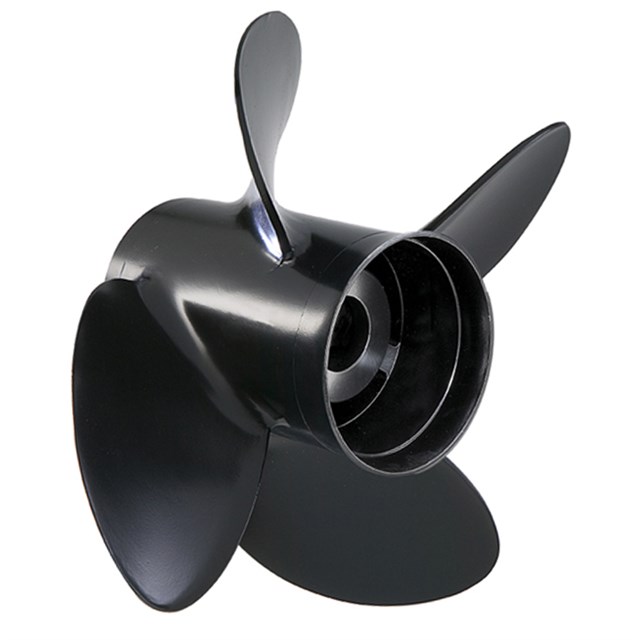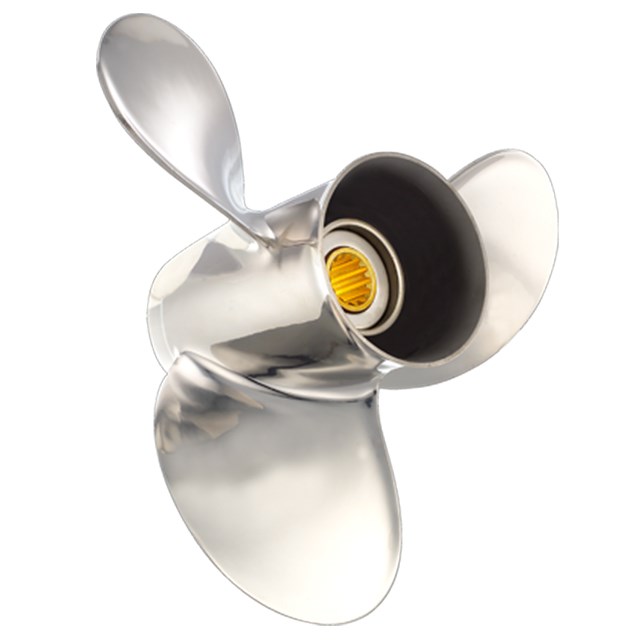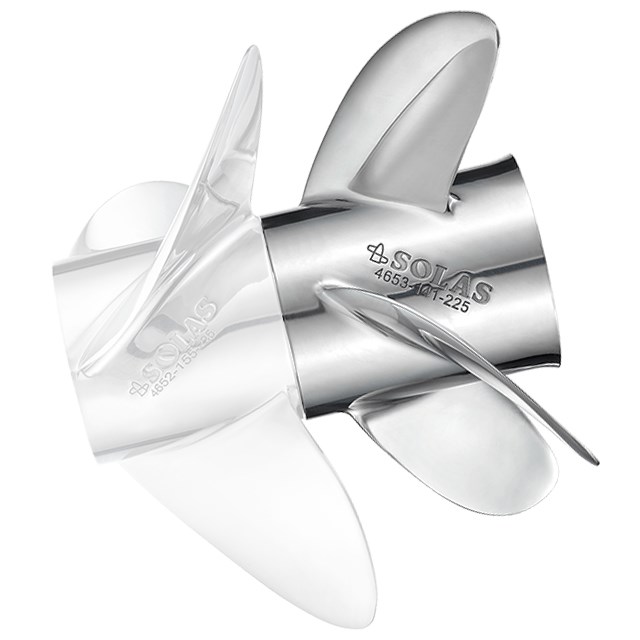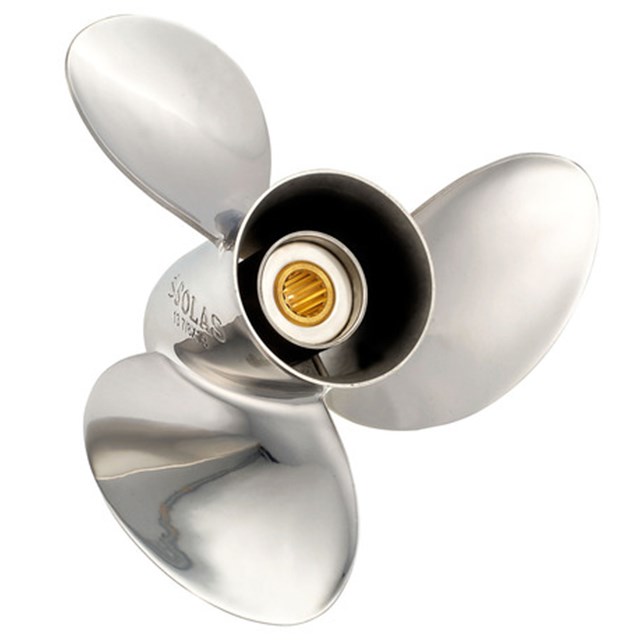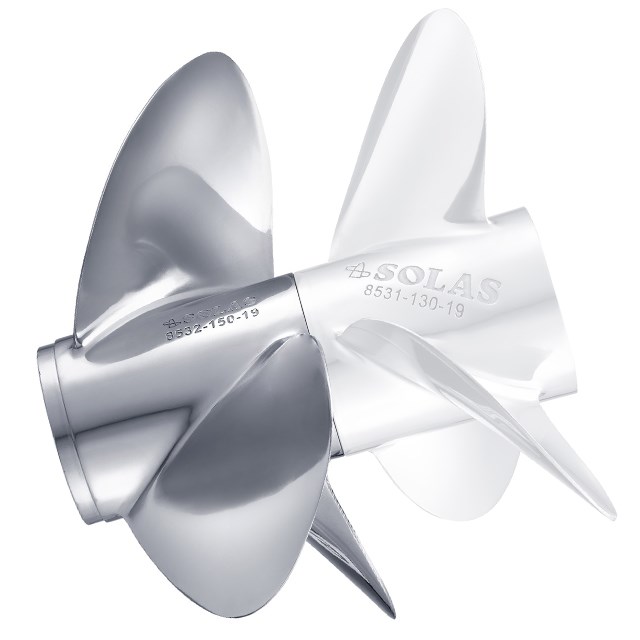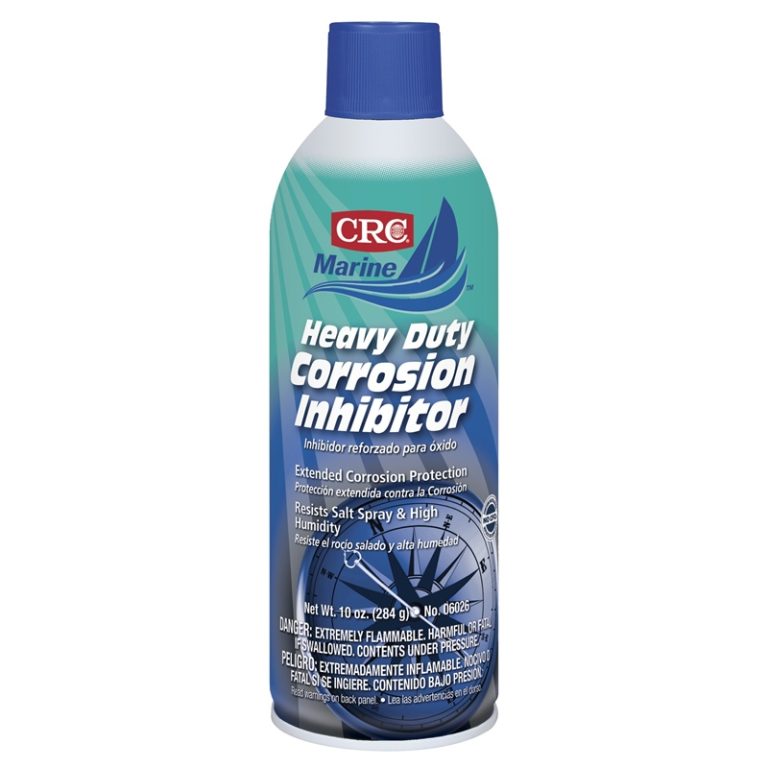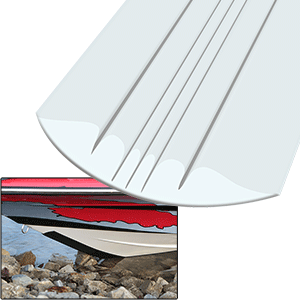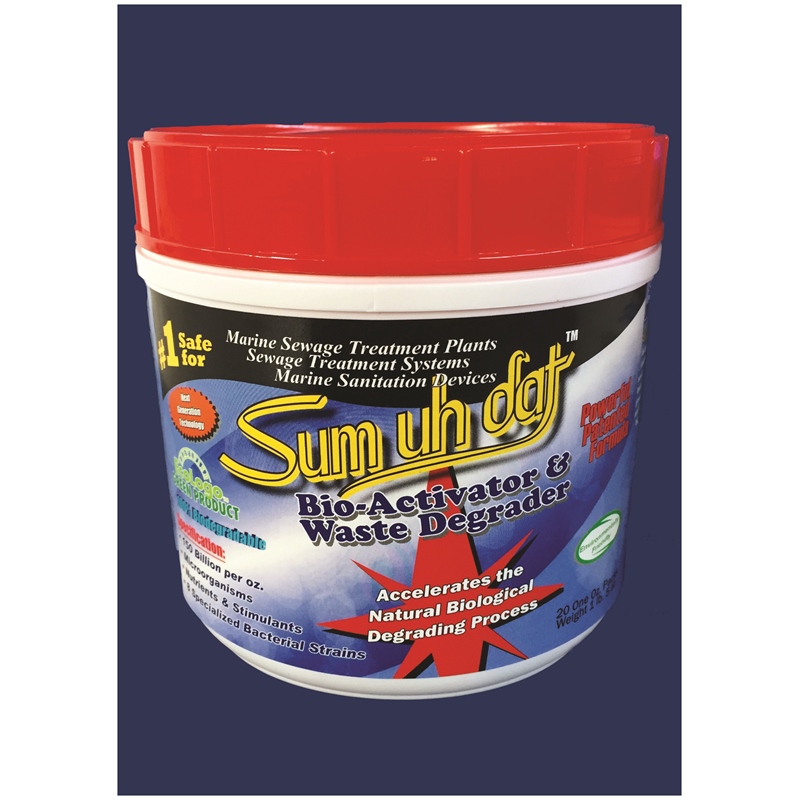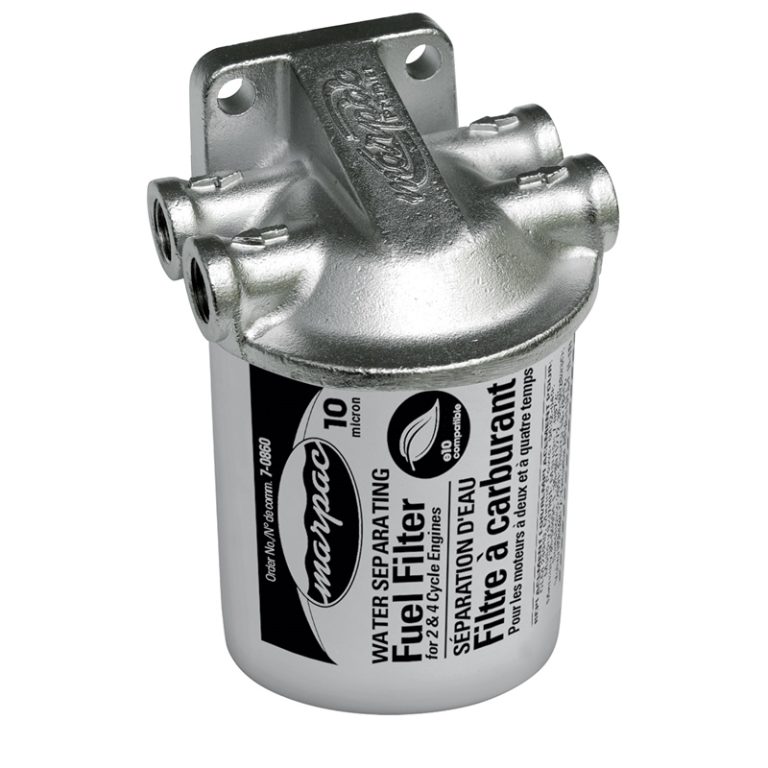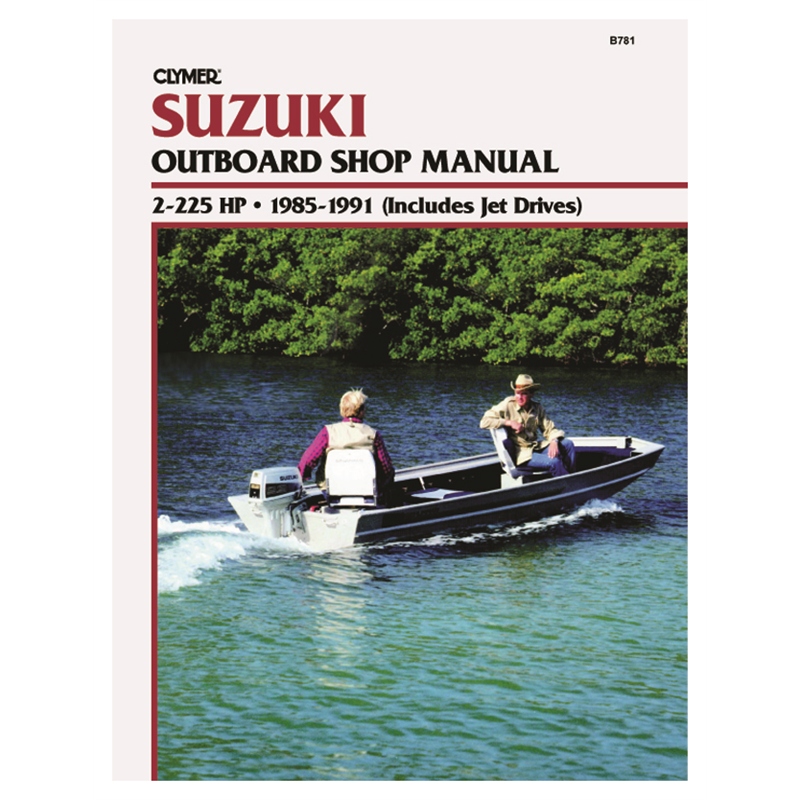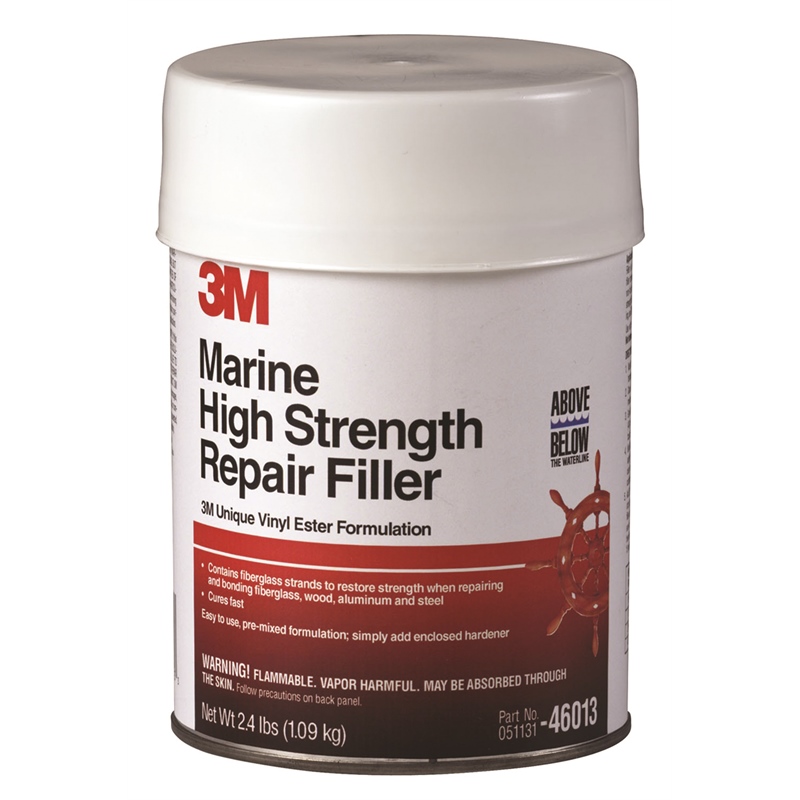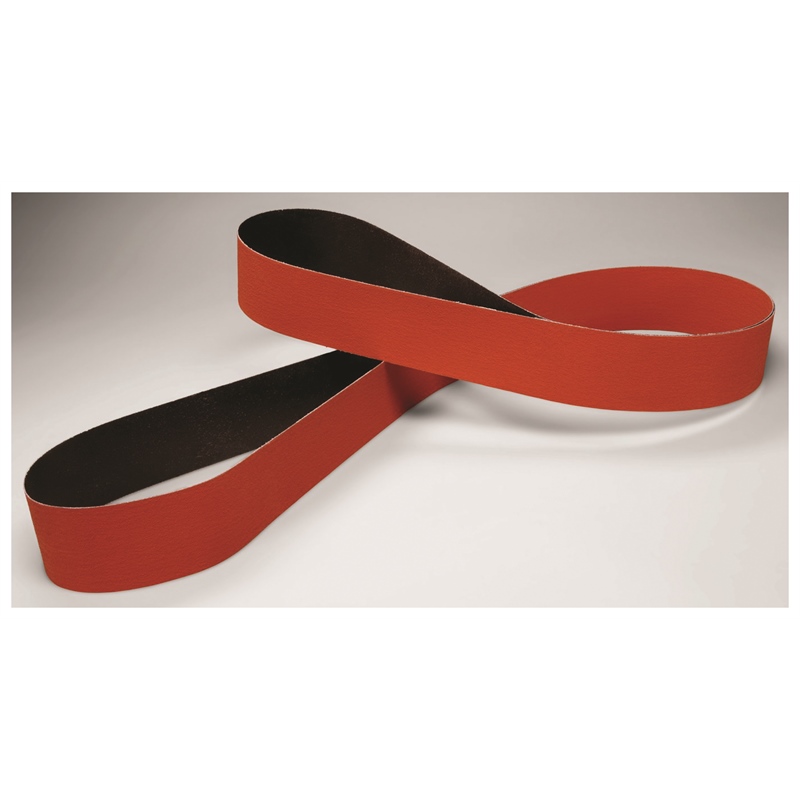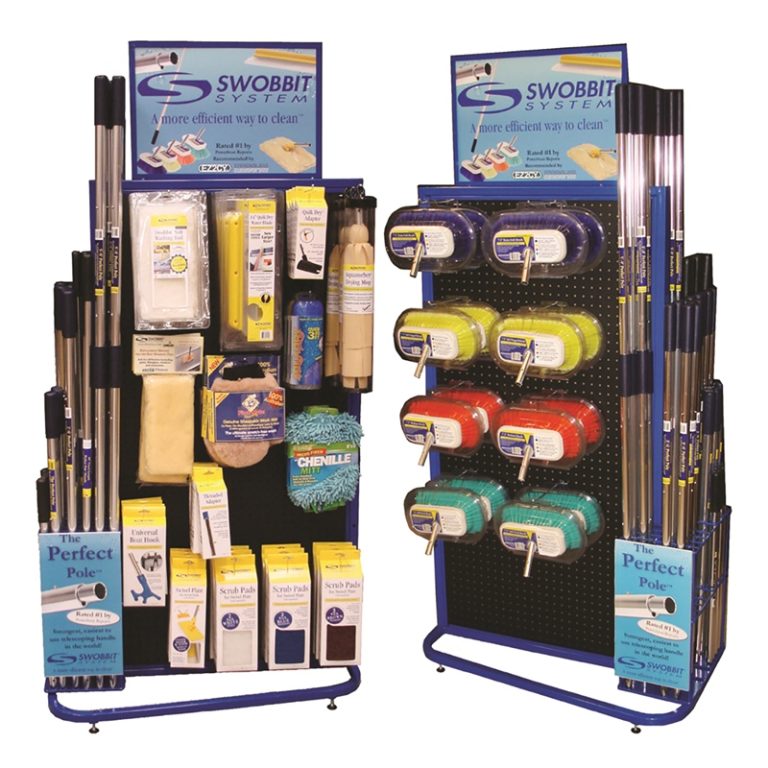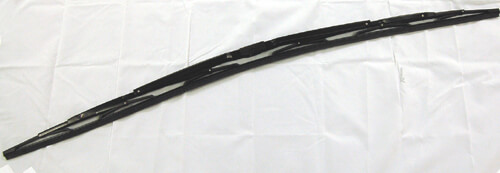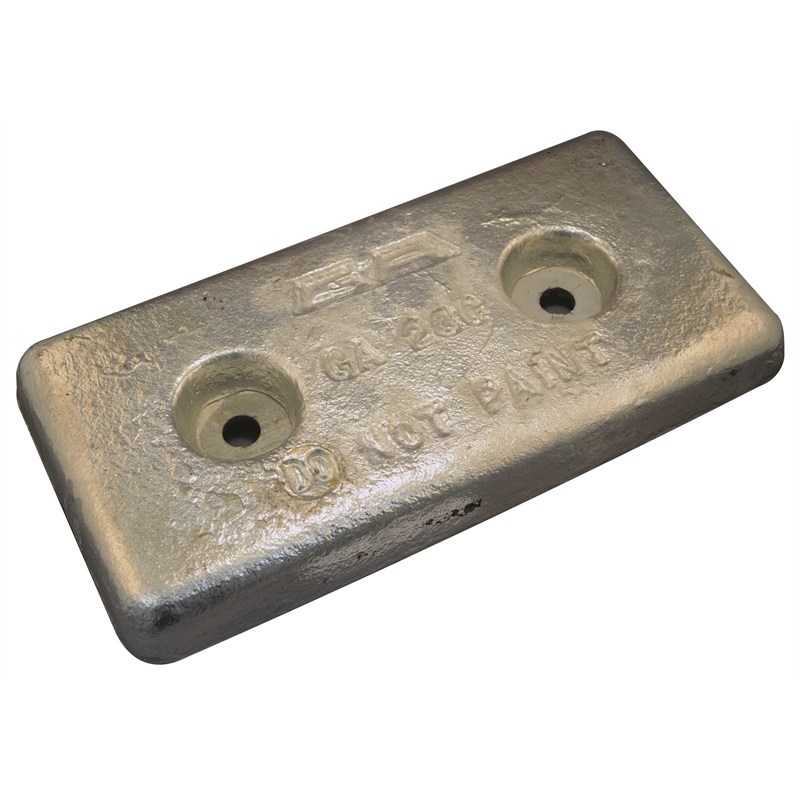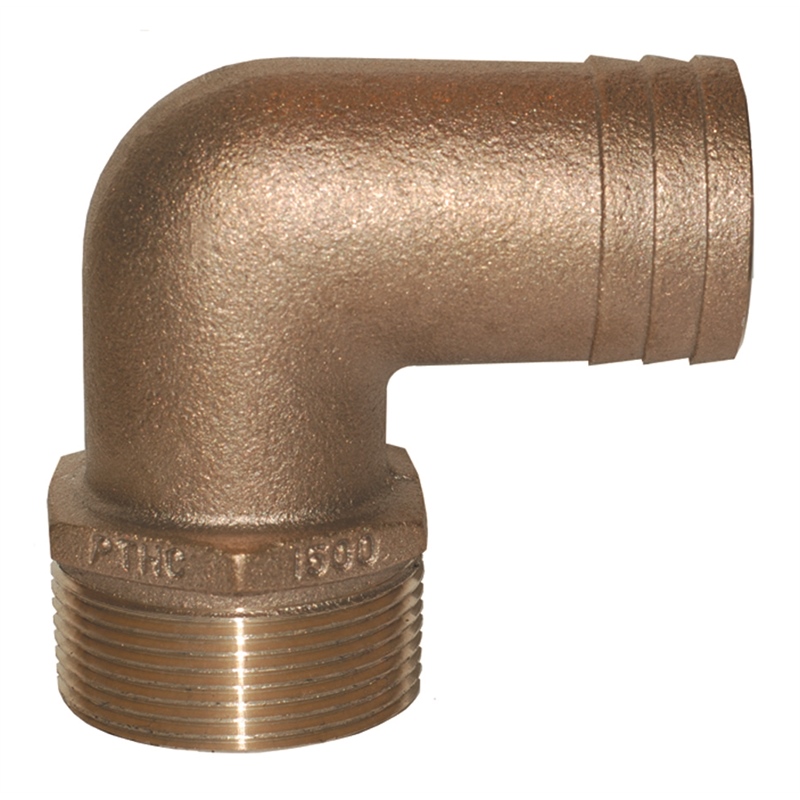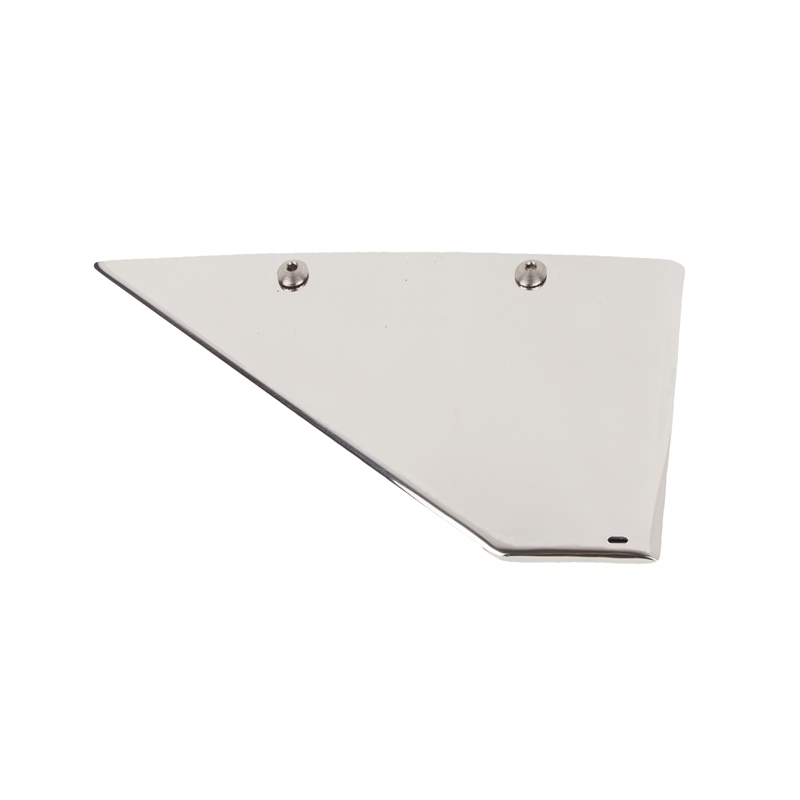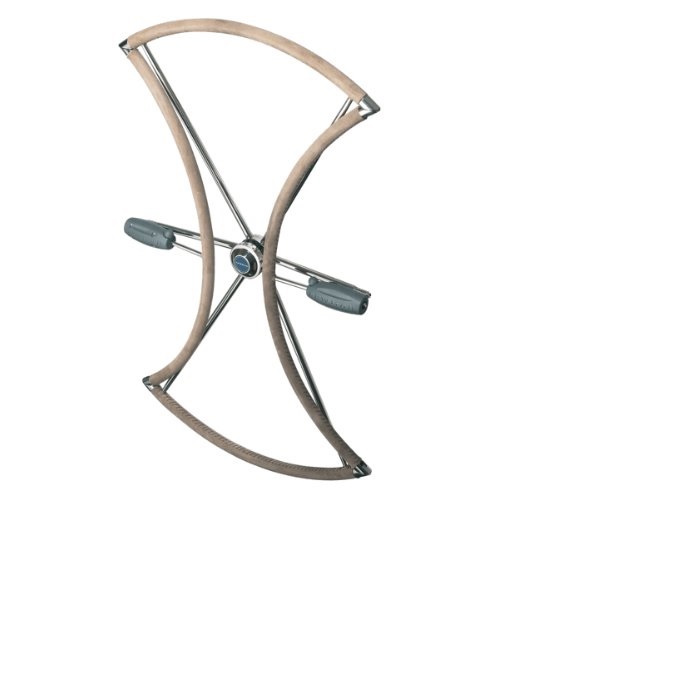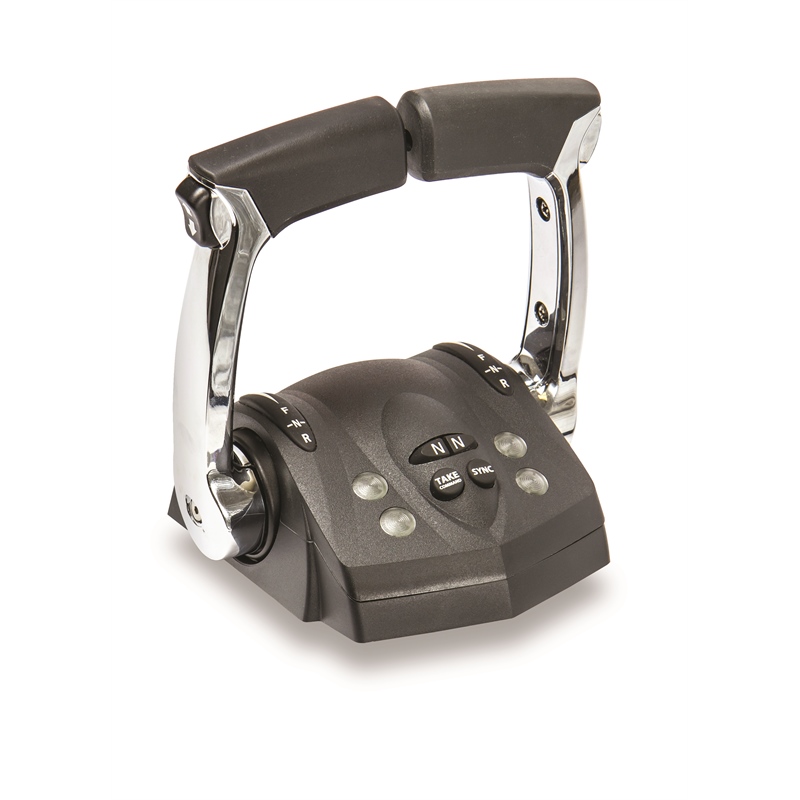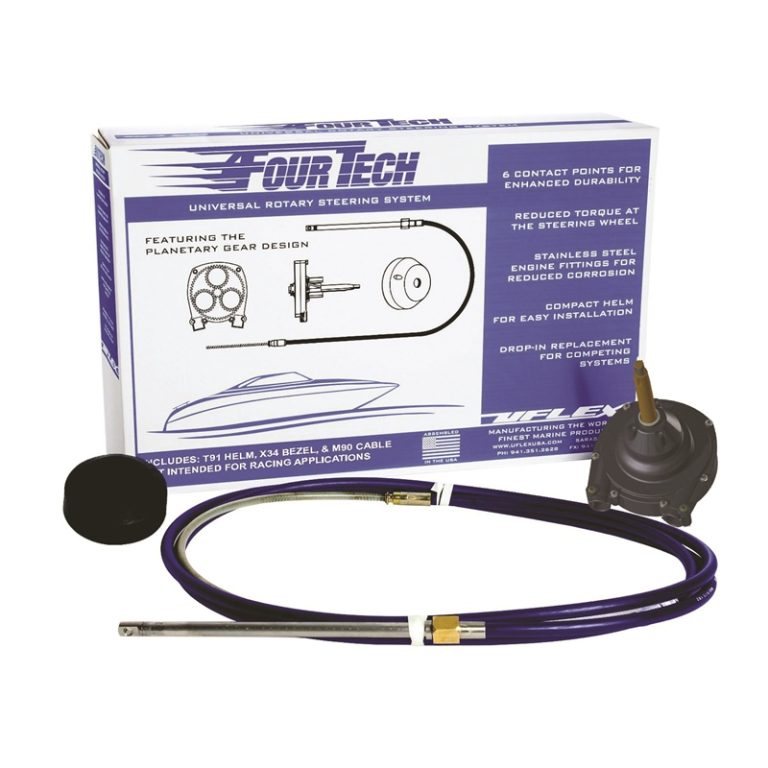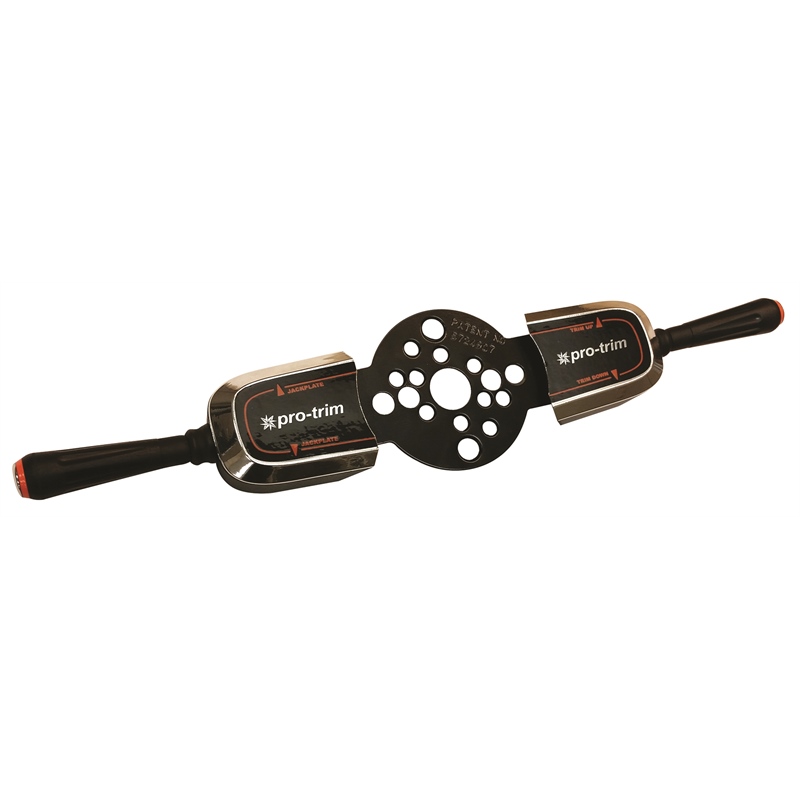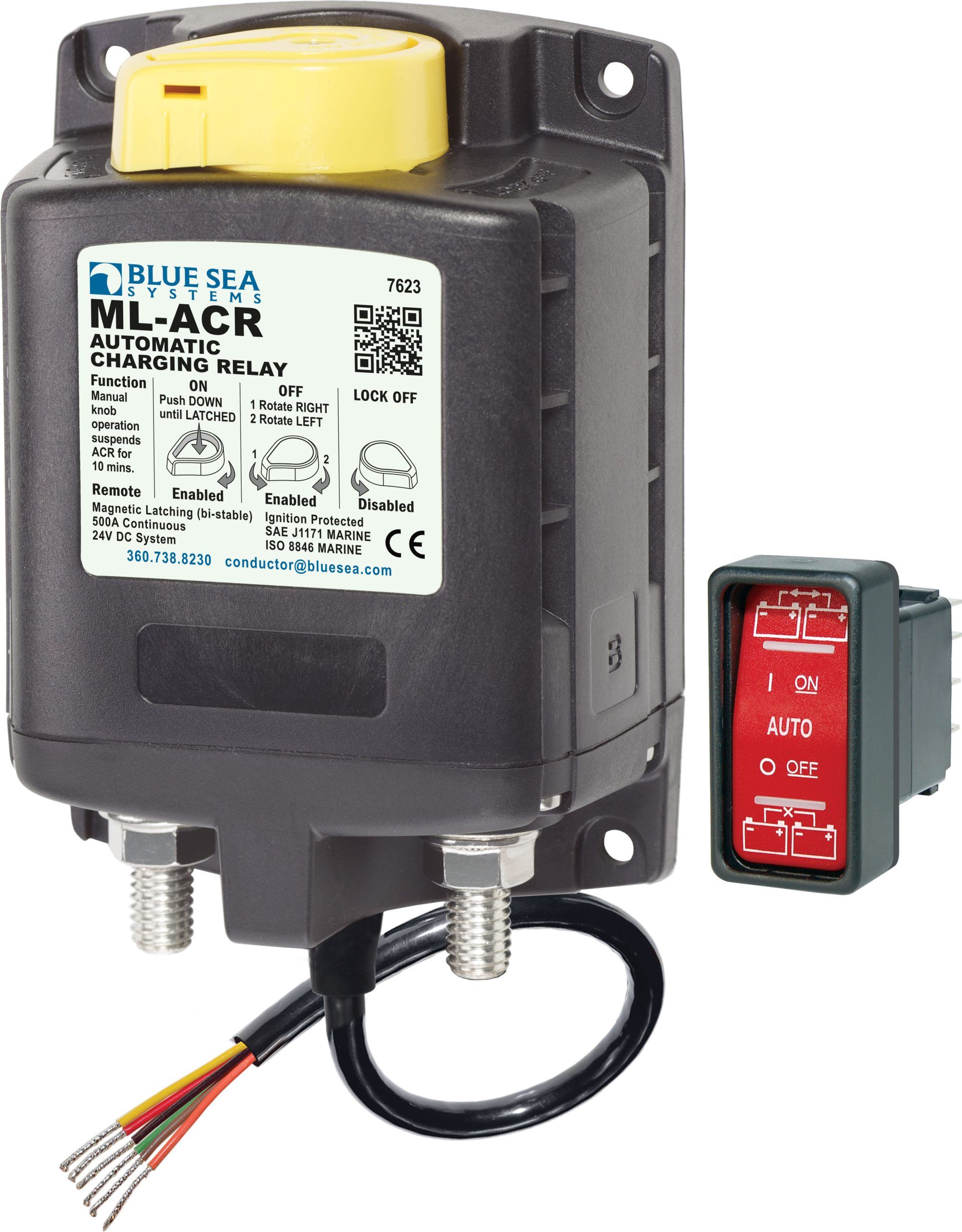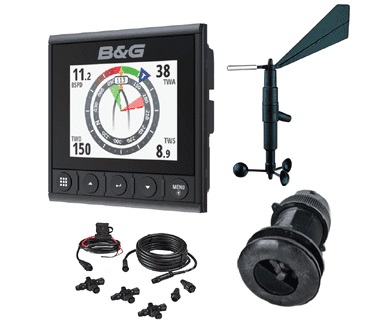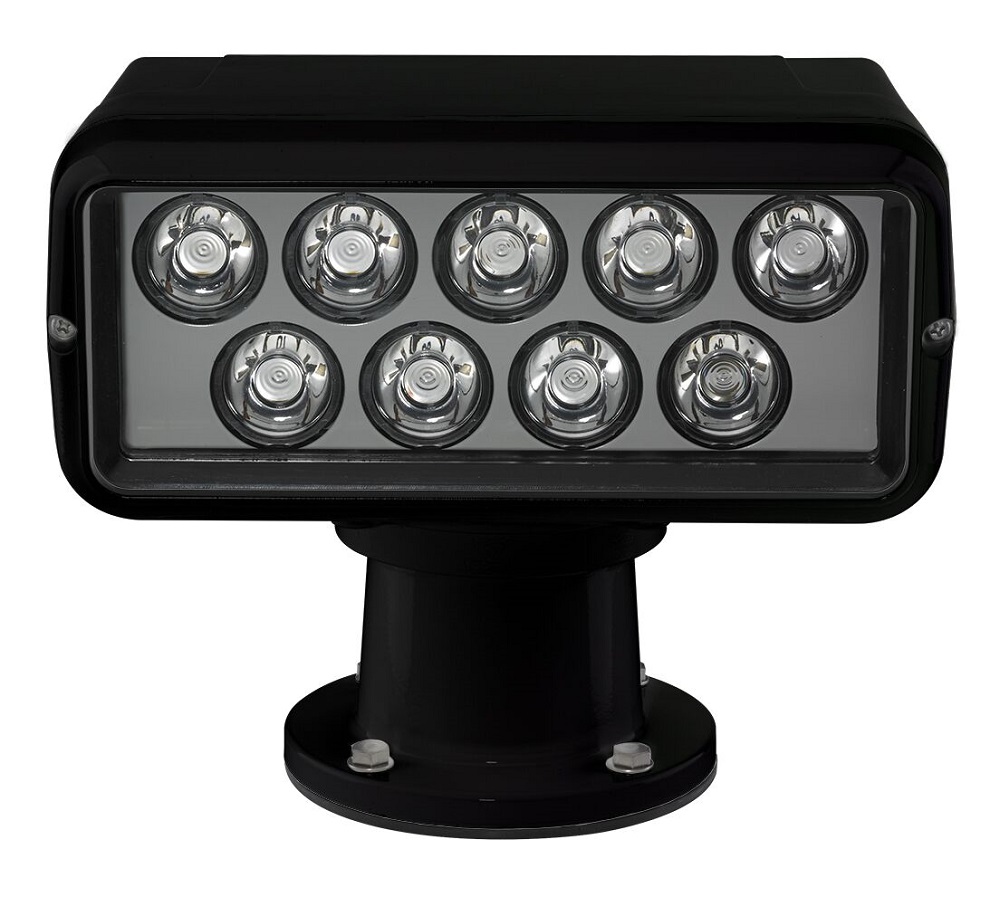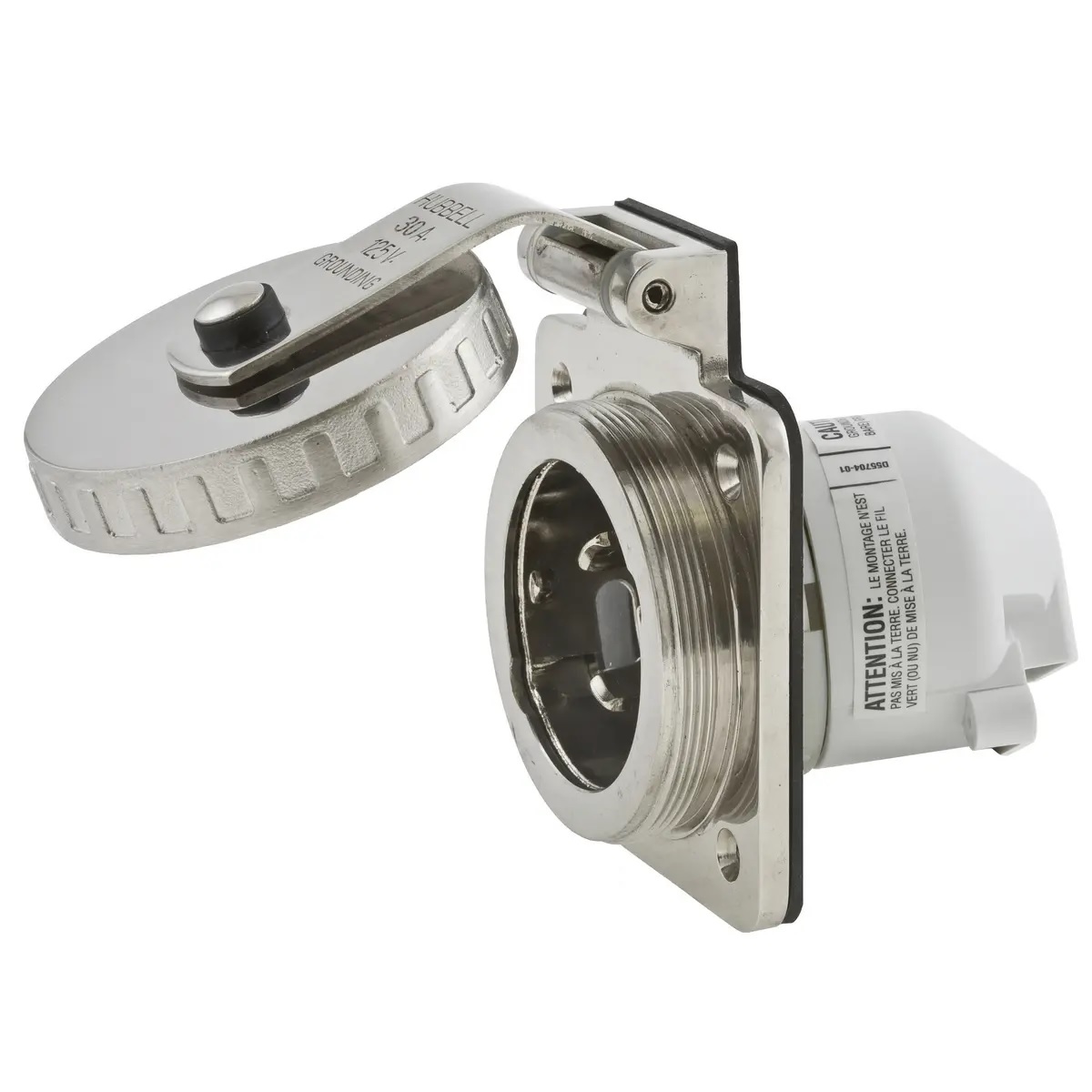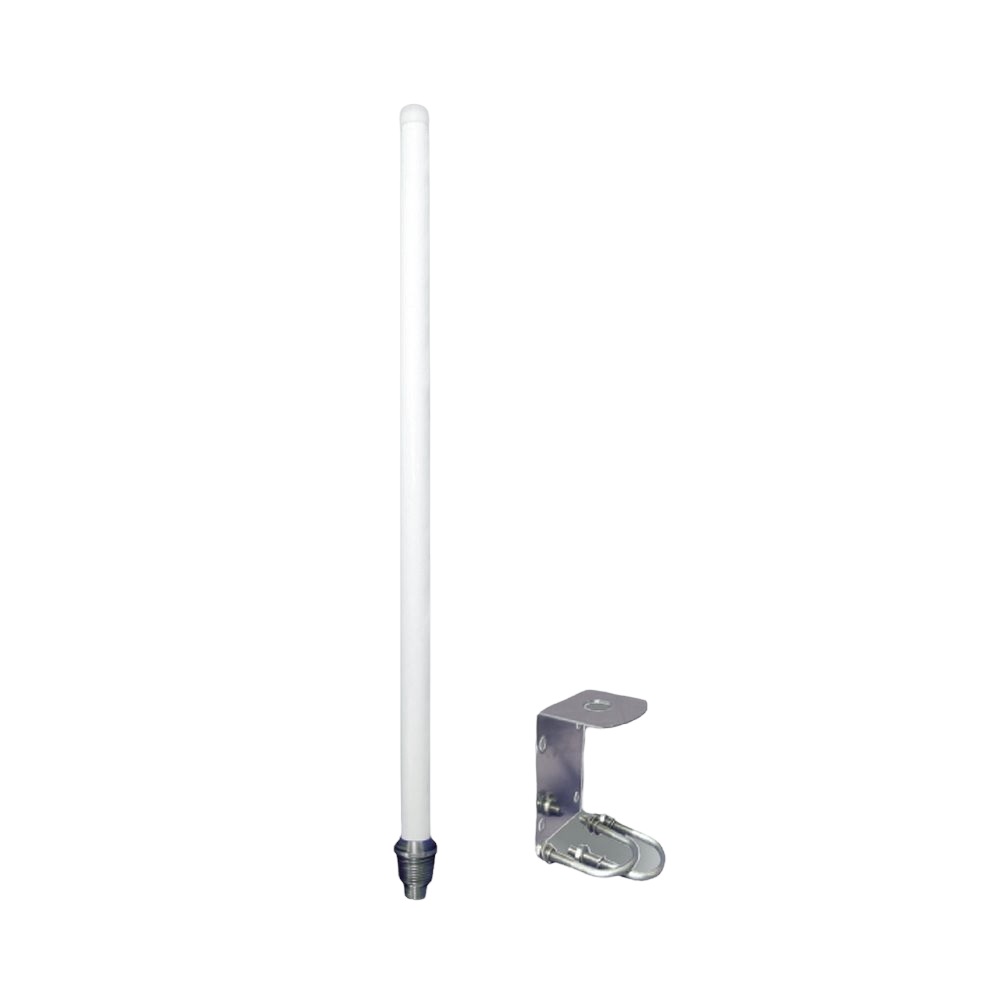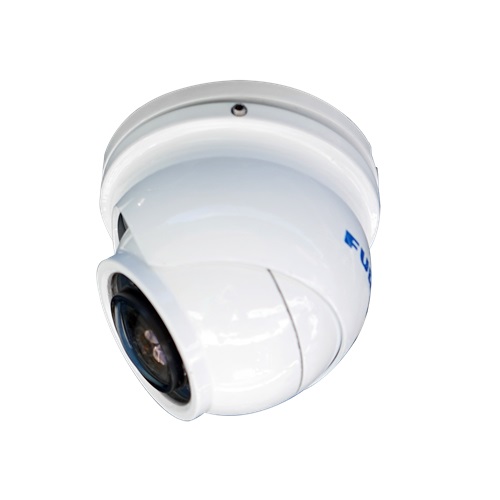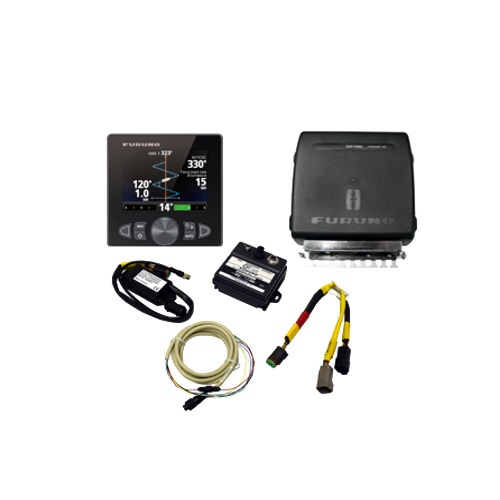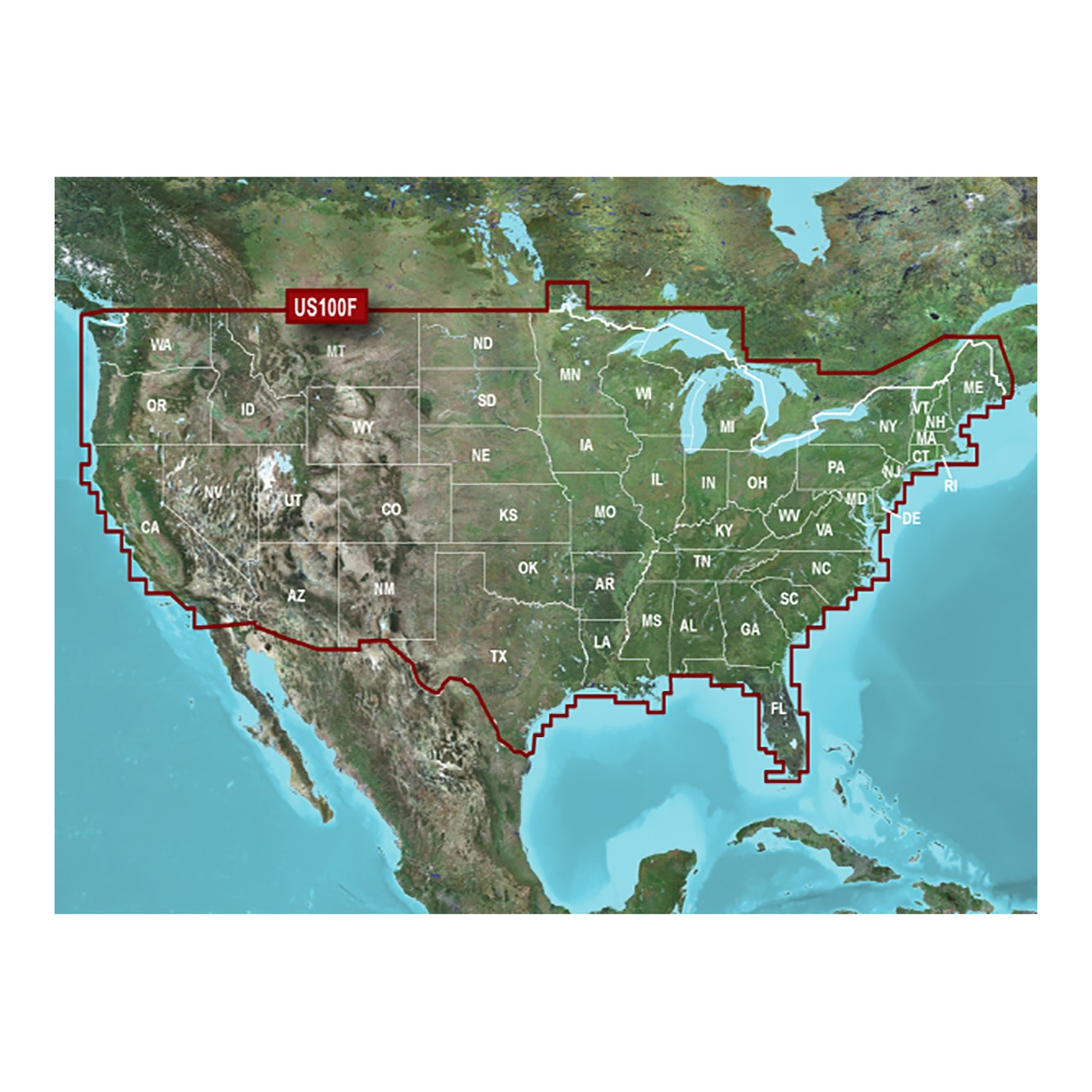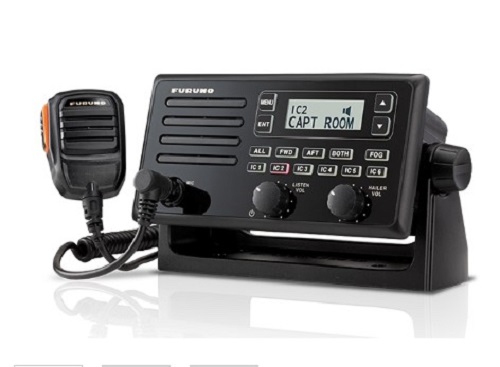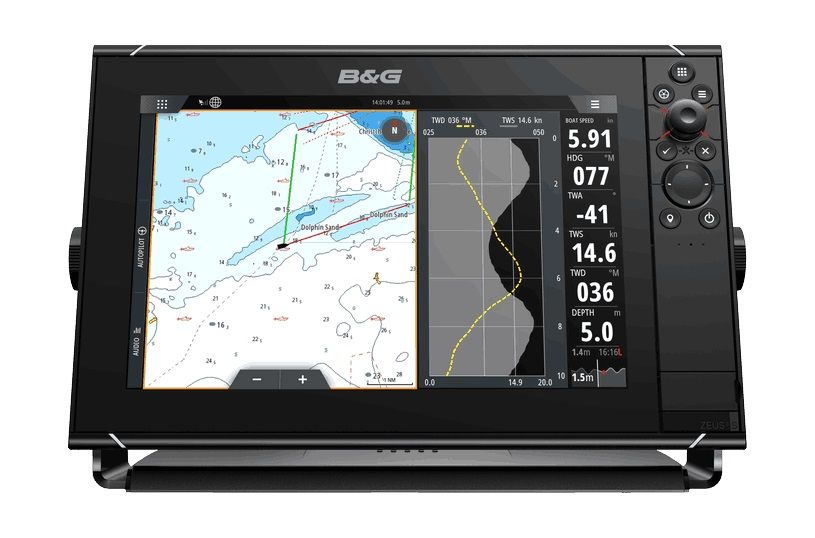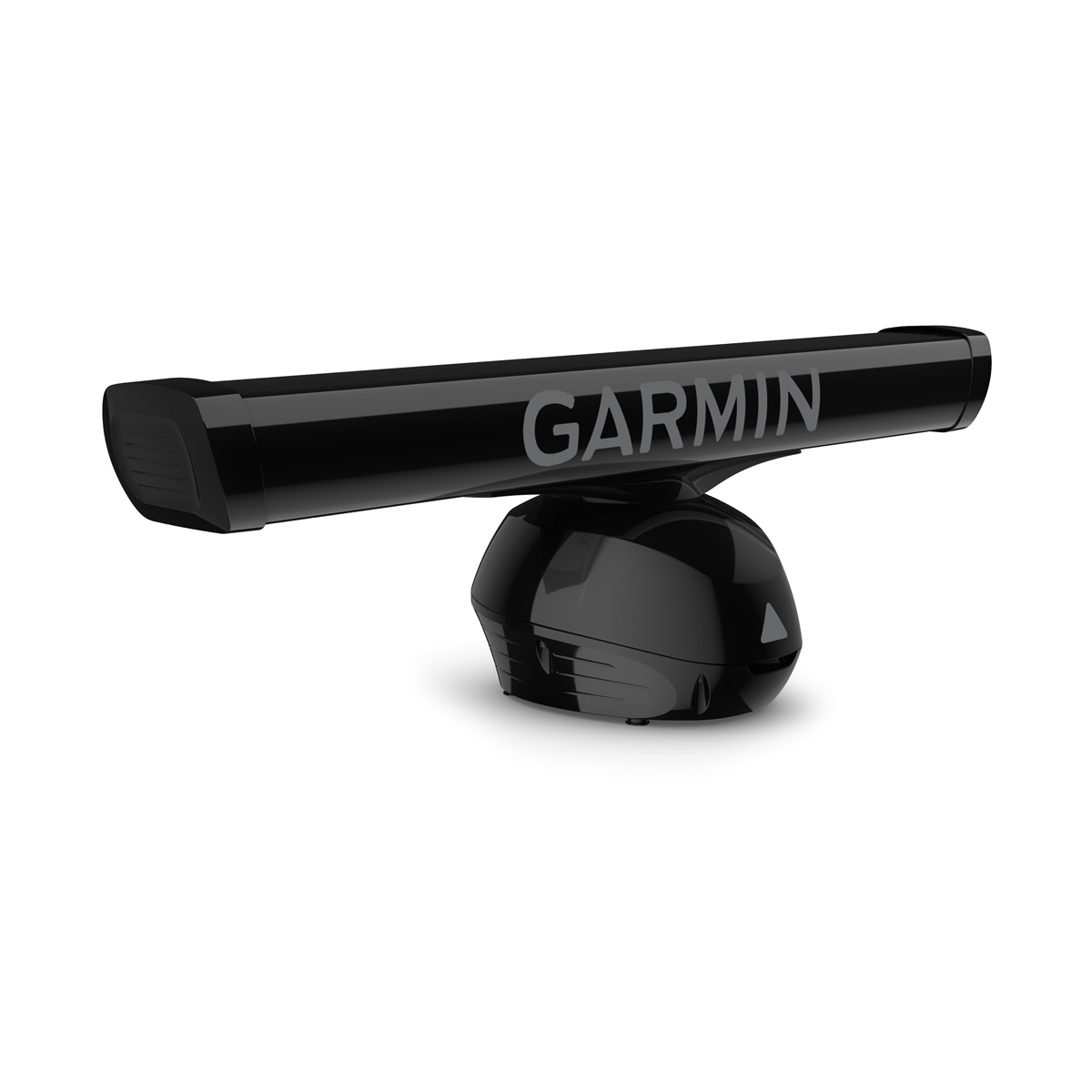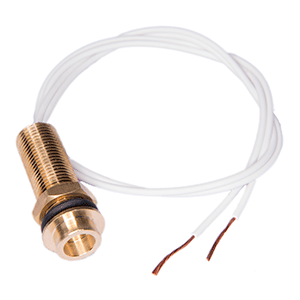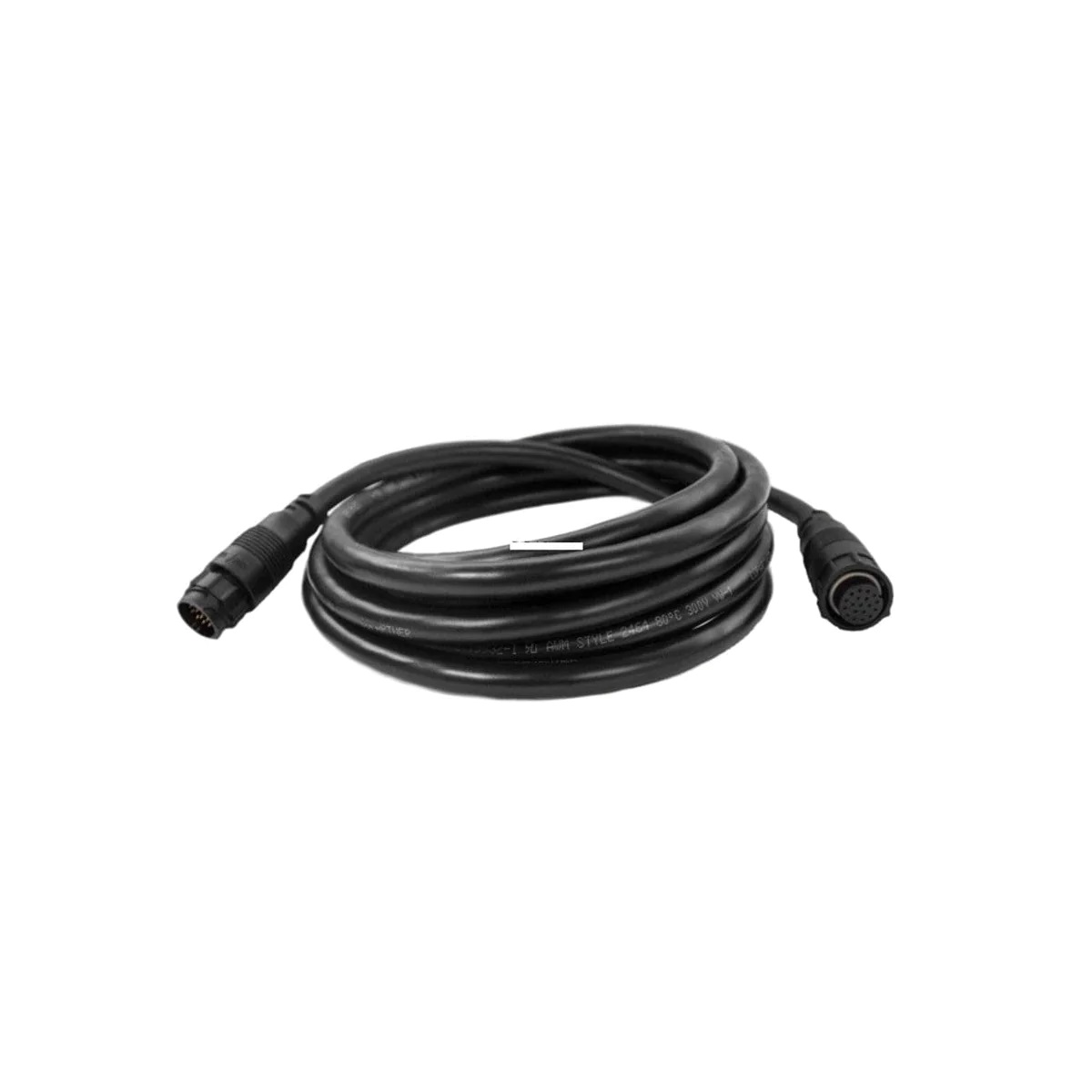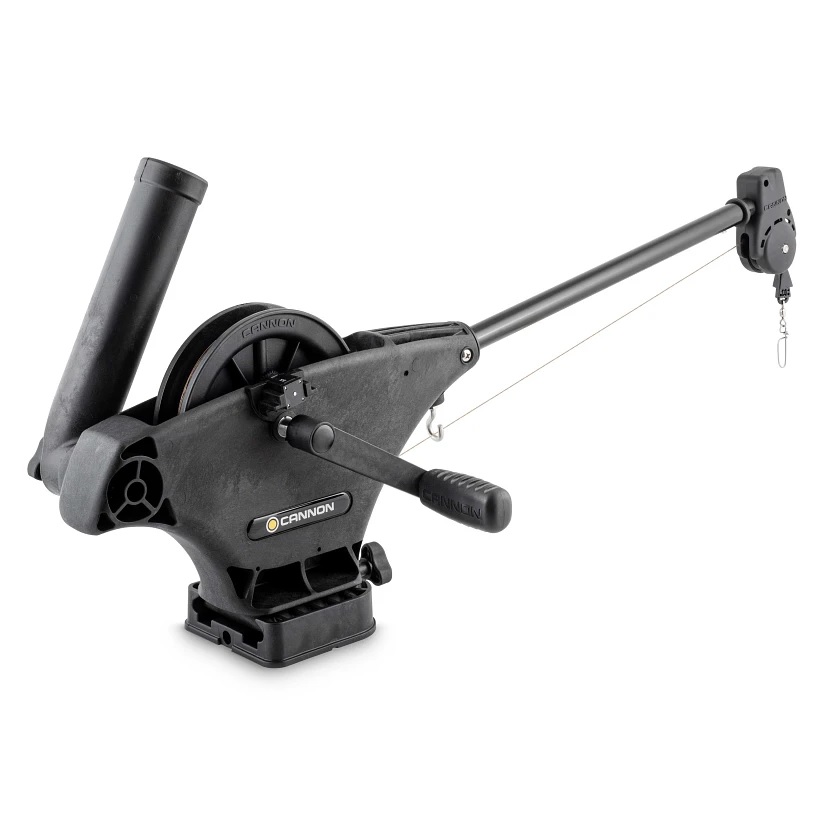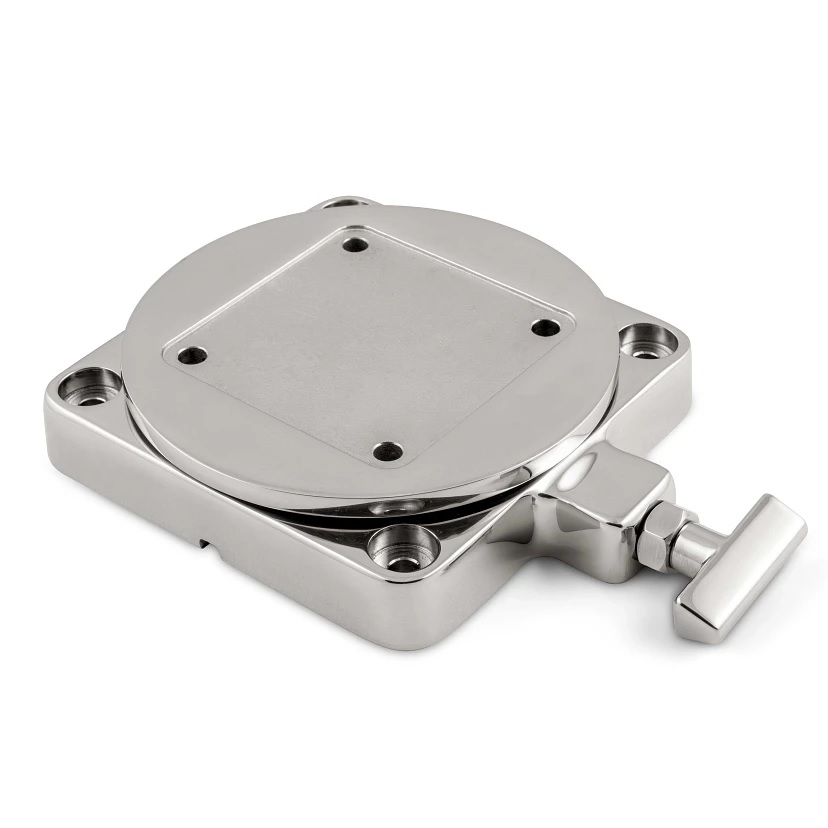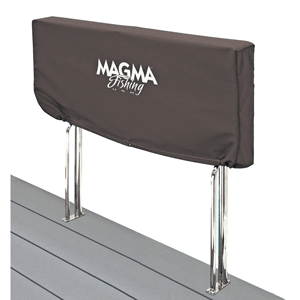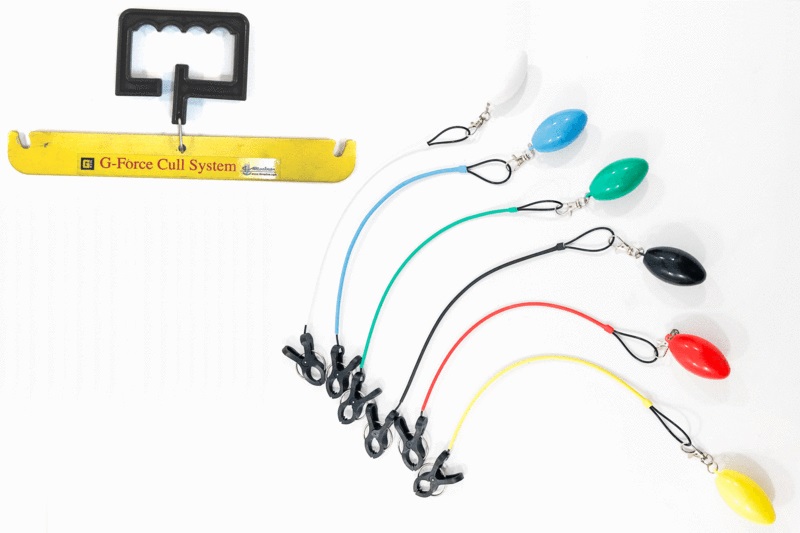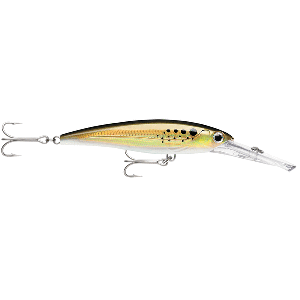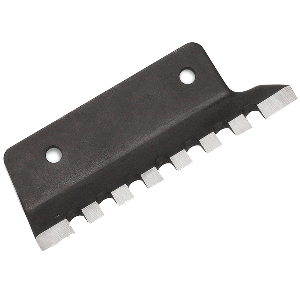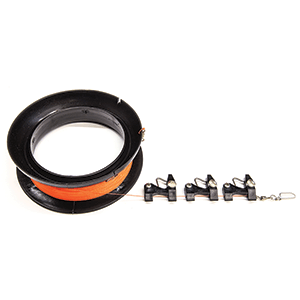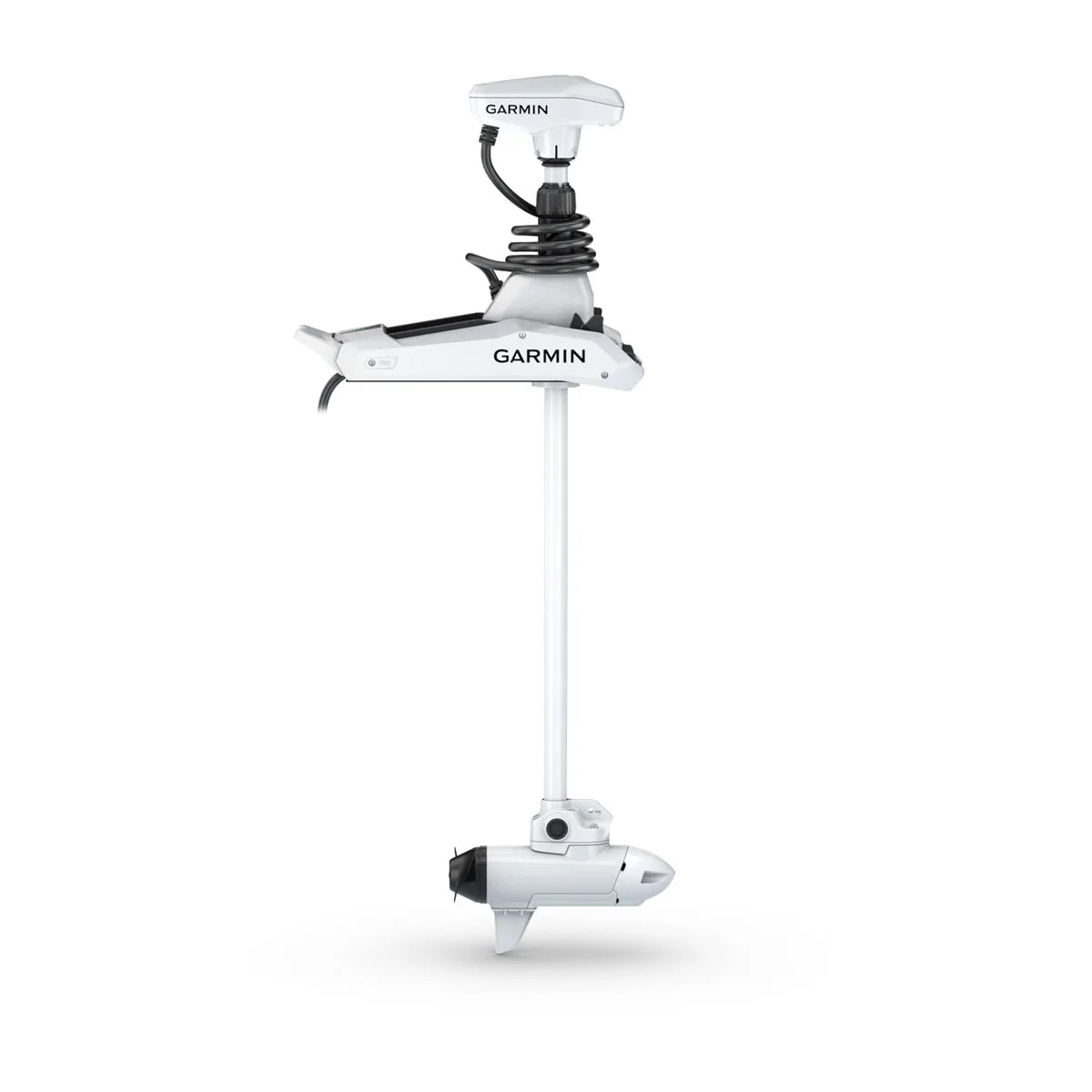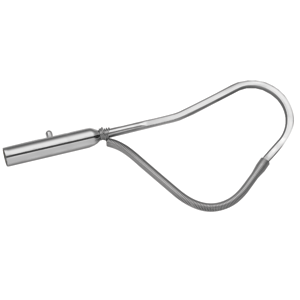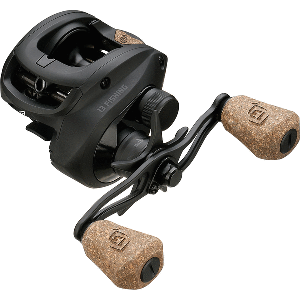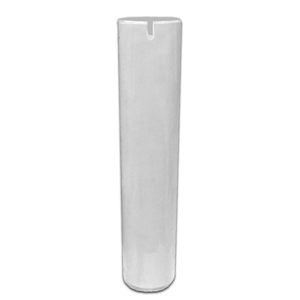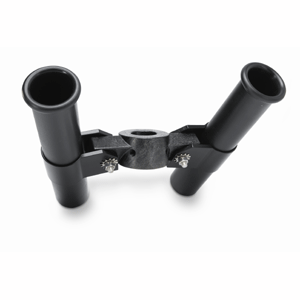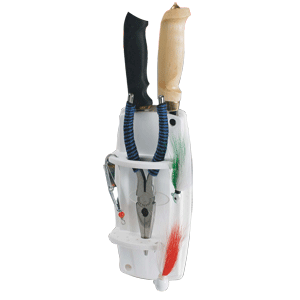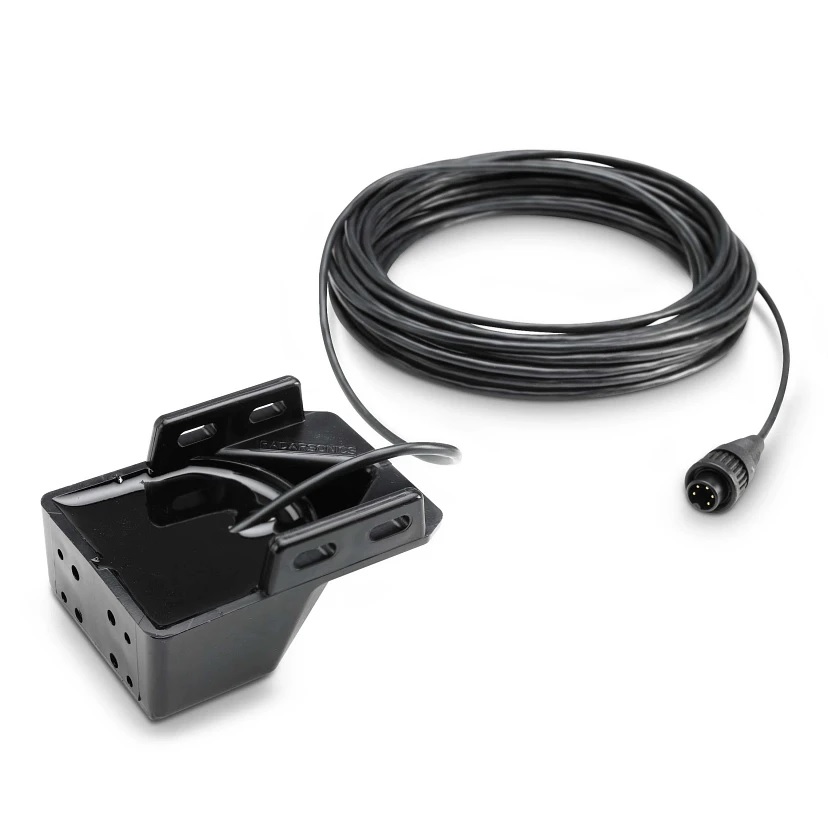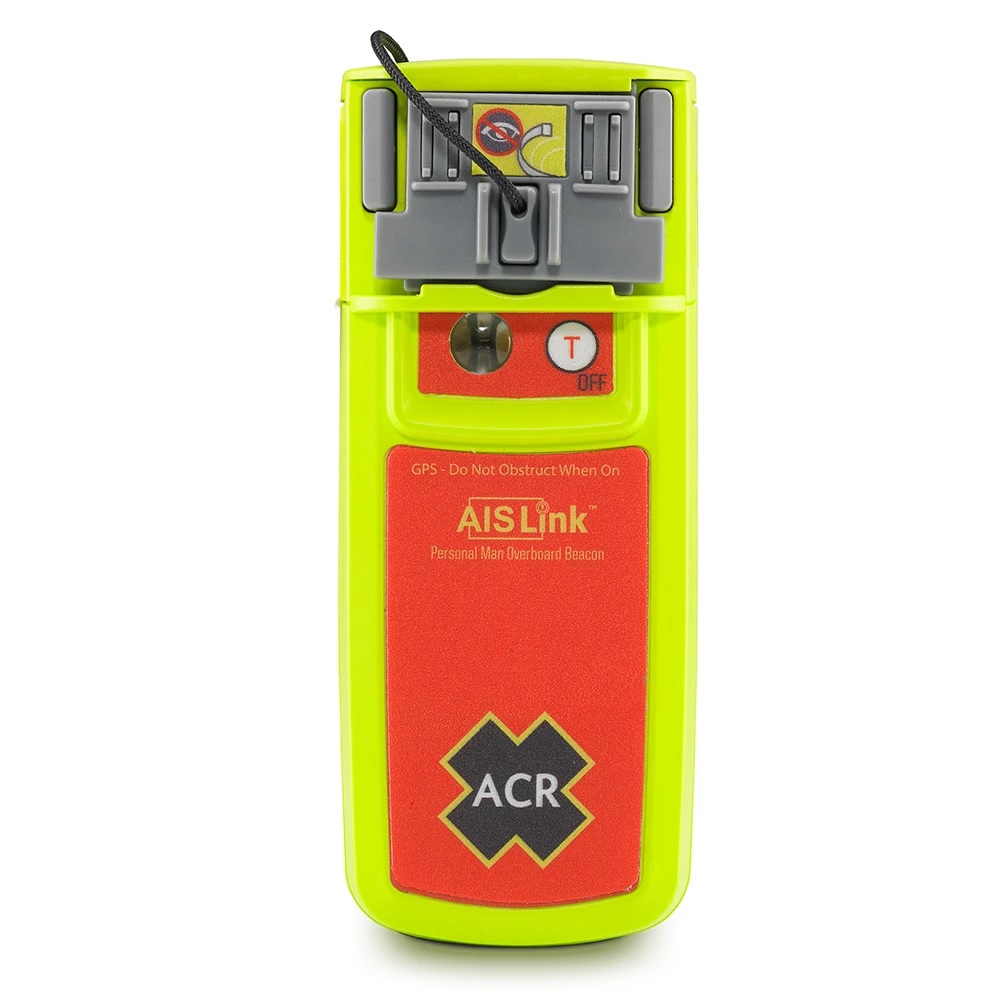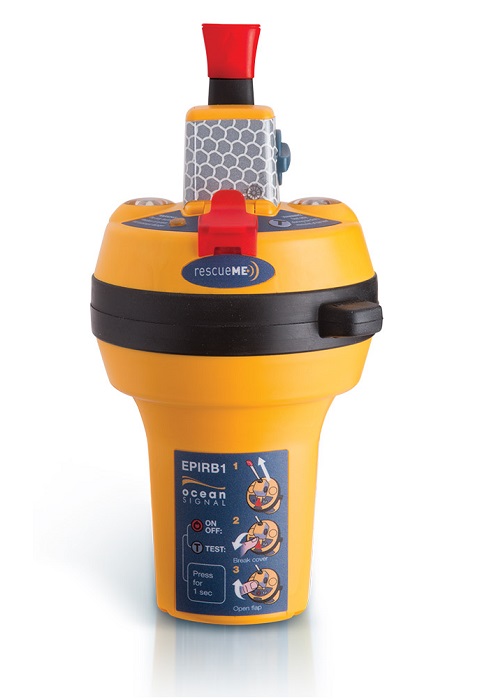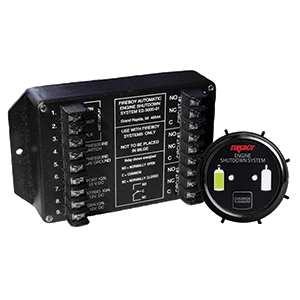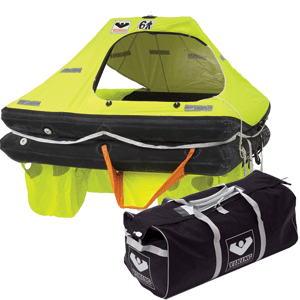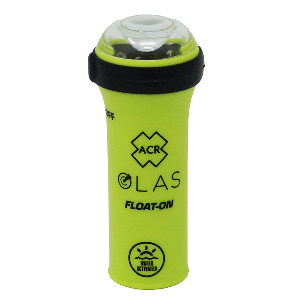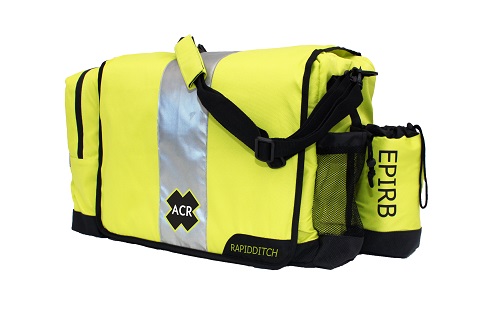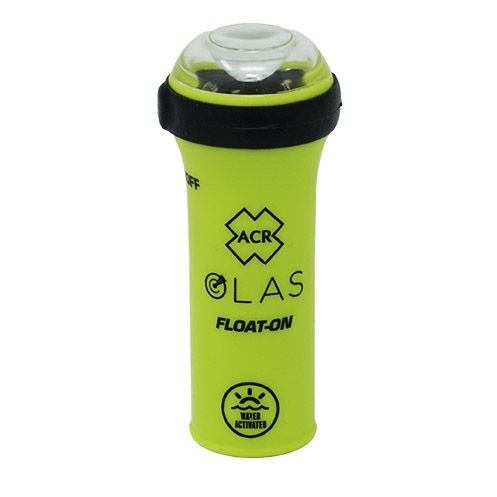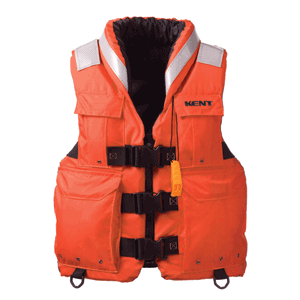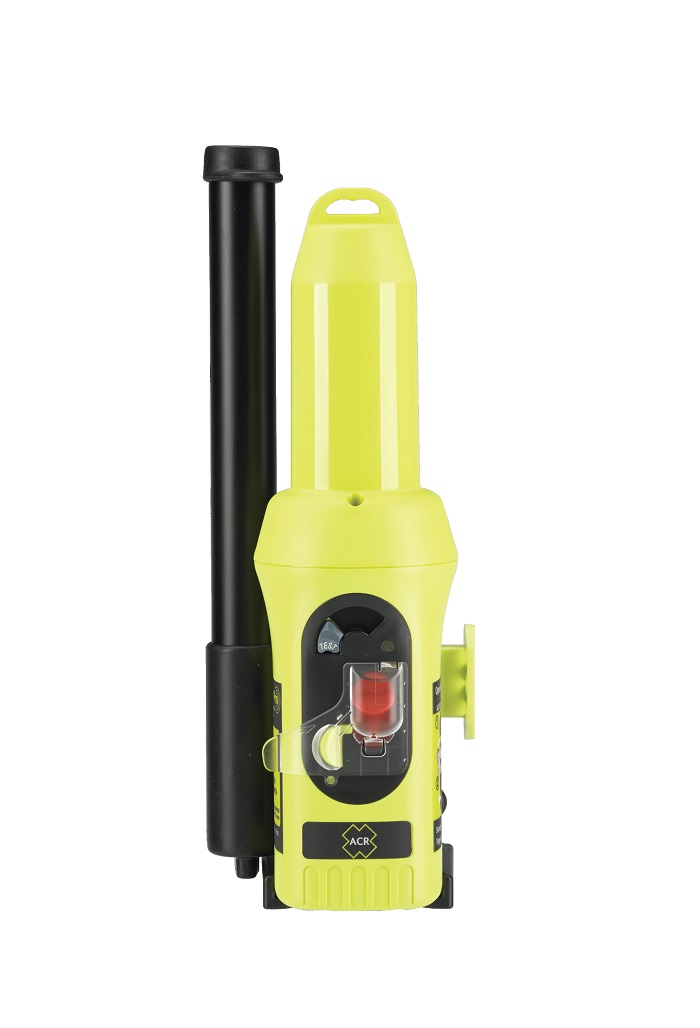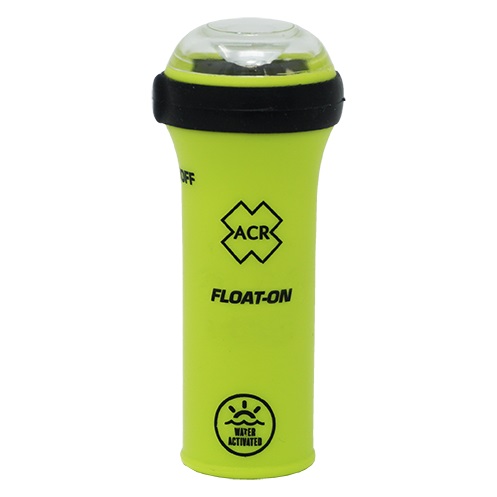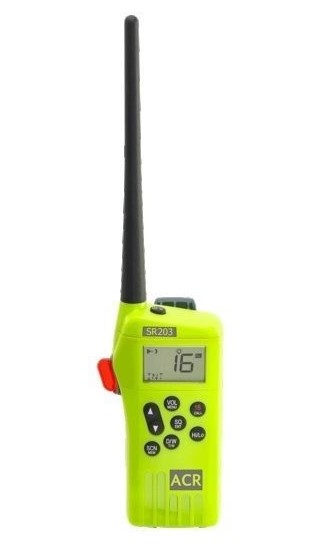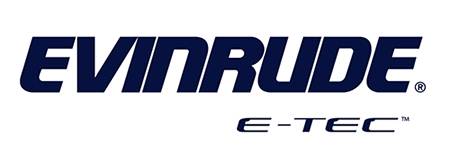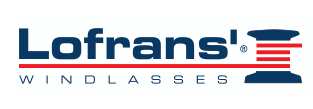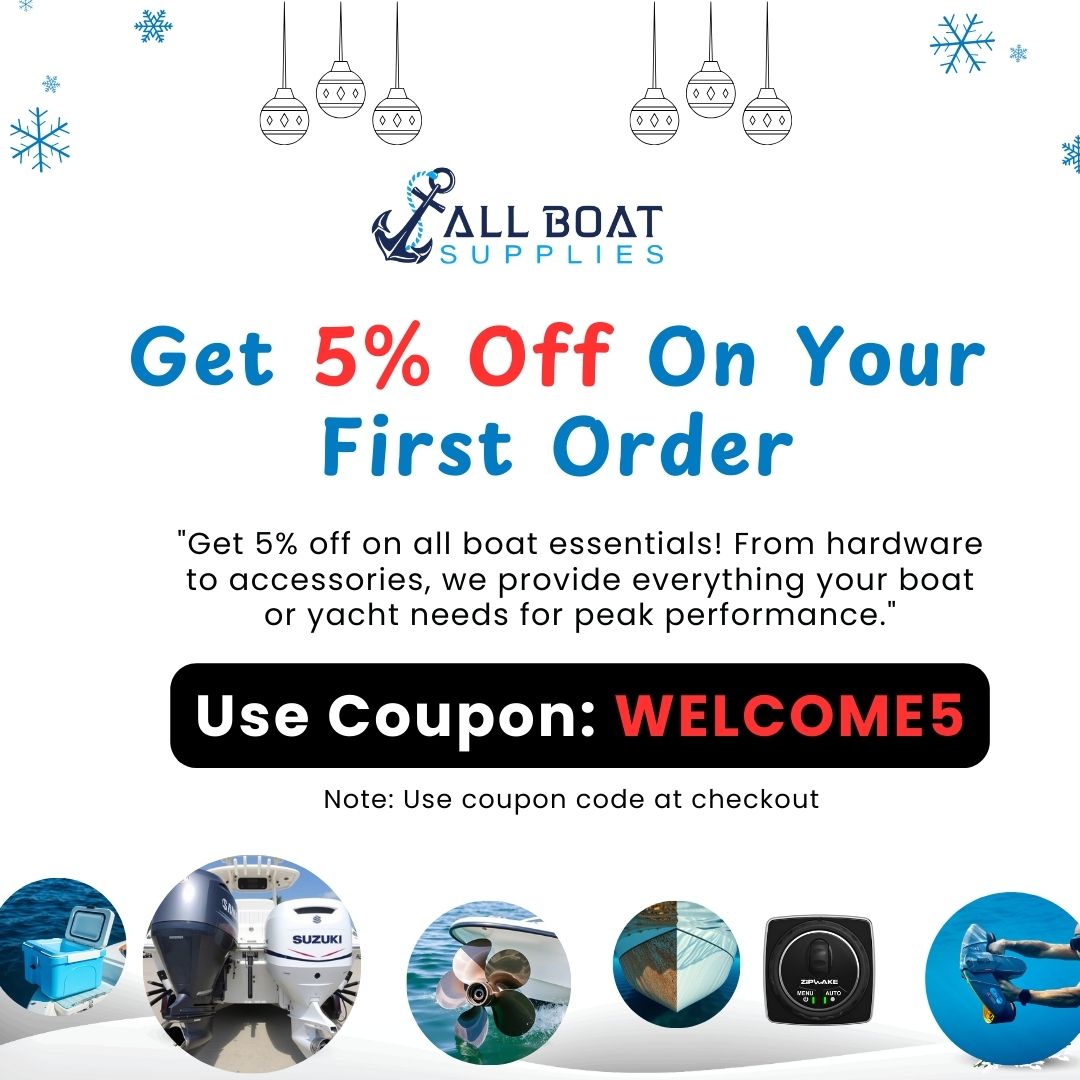“How to Choose the Best Propeller for Your Lower Unit”
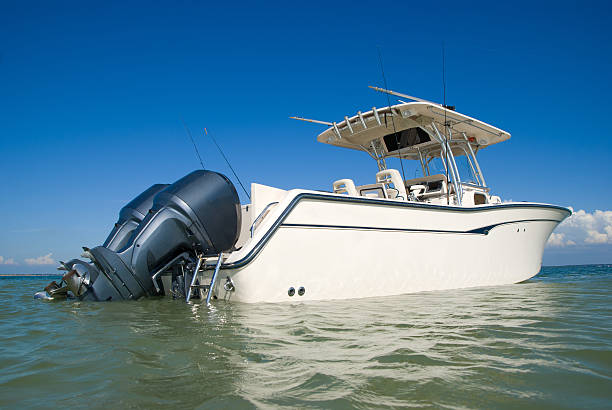
You Can Buy the Perfect Lower Unit for Your Boat at AllBoatSupplies.com
Choosing the right propeller for your boat’s lower unit is crucial to maximizing performance. Whether you’re looking for more speed, better fuel efficiency, or improved handling, the right propeller can make all the difference.
In this guide, we’ll cover the key factors to consider when selecting a propeller, how it impacts your boat’s performance, and expert advice to ensure you pick the perfect one for your needs.
1. Understanding Propeller Basics
A boat’s propeller plays a vital role in converting engine power into thrust, driving the boat forward. Propellers come in various designs and sizes, each tailored to different boating conditions and needs.
2. Key Factors to Consider When Choosing a Propeller
a. Diameter and Pitch
- Diameter: Refers to the size of the propeller. Larger diameters can move more water and provide more thrust, but may require more engine power.
- Pitch: The angle of the blades that determines how far the boat moves per rotation. A higher pitch provides more speed, while a lower pitch offers better acceleration and handling.
b. Material
- Aluminum: Affordable and lightweight, but may wear out faster than stainless steel.
- Stainless Steel: More durable, providing better performance and fuel efficiency, but comes at a higher cost.
- Composite: A mix of plastic and metal, offering durability and corrosion resistance at a moderate price.
c. Number of Blades
- Three-Blade Propellers: The most common type, offering a balance of performance and fuel efficiency.
- Four-Blade Propellers: Provide better grip in the water and improve acceleration, ideal for heavy boats or towing.
- Two-Blade Propellers: Used for high-speed boats, providing better top-end speed but less maneuverability.
d. Engine Power and Type
- Match the propeller size and design to the horsepower and torque of your engine. Over-pitching can cause the engine to bog down, while under-pitching can lead to reduced speed and efficiency.
3. How the Right Propeller Affects Performance
Speed:
The correct propeller pitch and diameter can significantly impact your boat’s top speed. If you want to increase your cruising speed, a higher-pitch propeller will provide better results, but don’t go too high, as it may harm your engine’s efficiency.
Acceleration and Handling:
Lower-pitch propellers give faster acceleration and smoother handling, especially in situations like towing or navigating tight spaces.
Fuel Efficiency:
A well-chosen propeller reduces strain on the engine, improving fuel efficiency. Incorrect propeller choices can cause the engine to work harder than necessary, leading to increased fuel consumption.
4. Choosing Based on Boat Type and Use
Fishing Boats:
- Typically, a three-blade propeller is a good choice for fishing boats. Look for one that provides good fuel efficiency and low-end power for trolling.
Speedboats and Performance Boats:
- Speedboats benefit from higher-pitch, two-blade propellers that maximize top-end speed.
Pontoon Boats:
- Pontoon boats perform best with a four-blade propeller that offers more thrust, especially if the boat is carrying heavy loads.
Towing or Wakeboarding:
- A four-blade or even a five-blade propeller will give you the added grip needed for towing activities.
5. Tips for Testing and Choosing the Right Propeller
a. Trial and Error:
- After choosing a propeller based on your boat’s specifications, test it on the water. See how it performs at various speeds, and note any changes in handling or fuel consumption.
b. Consult a Marine Professional:
- If you’re unsure which propeller to choose, consult a marine professional. They can recommend the best propeller based on your boat type, engine size, and intended use.
c. Consider Future Upgrades:
- If you plan on upgrading your engine or adding weight (like more passengers or equipment), consider a propeller that can handle these changes.
6. Conclusion
Choosing the best propeller for your boat’s lower unit is essential for optimizing speed, fuel efficiency, and handling. By considering factors like diameter, pitch, material, and the specific needs of your boat, you can find the perfect match for your vessel.
A little research and the right choice can lead to a more enjoyable boating experience, whether you’re cruising, fishing, or towing.
